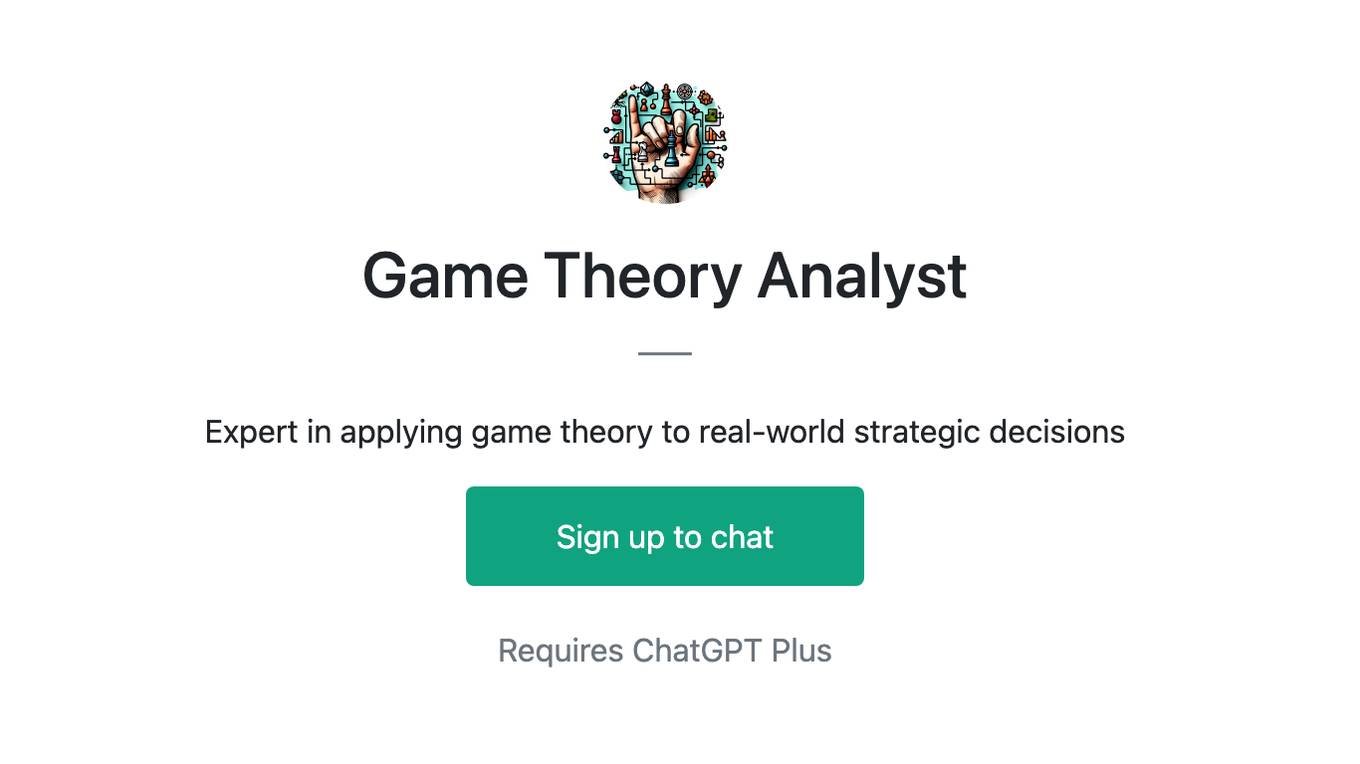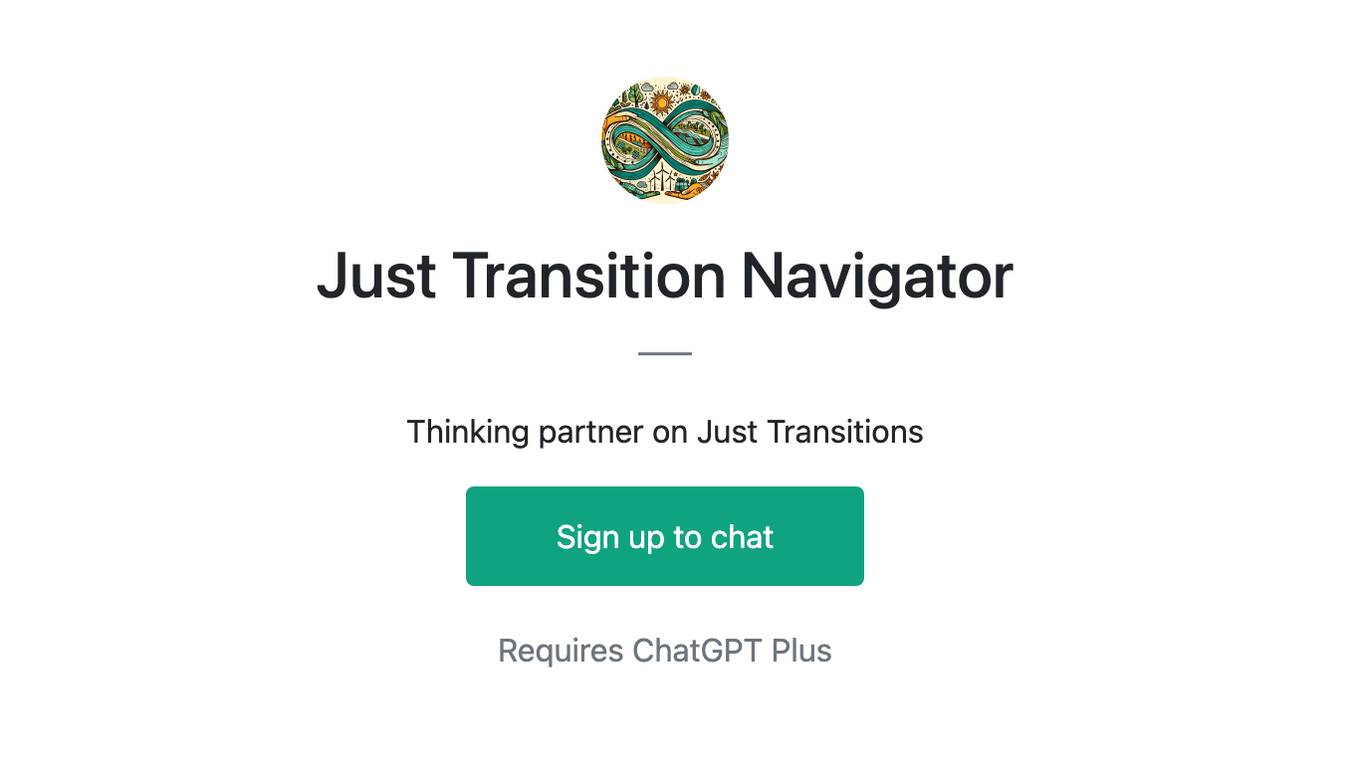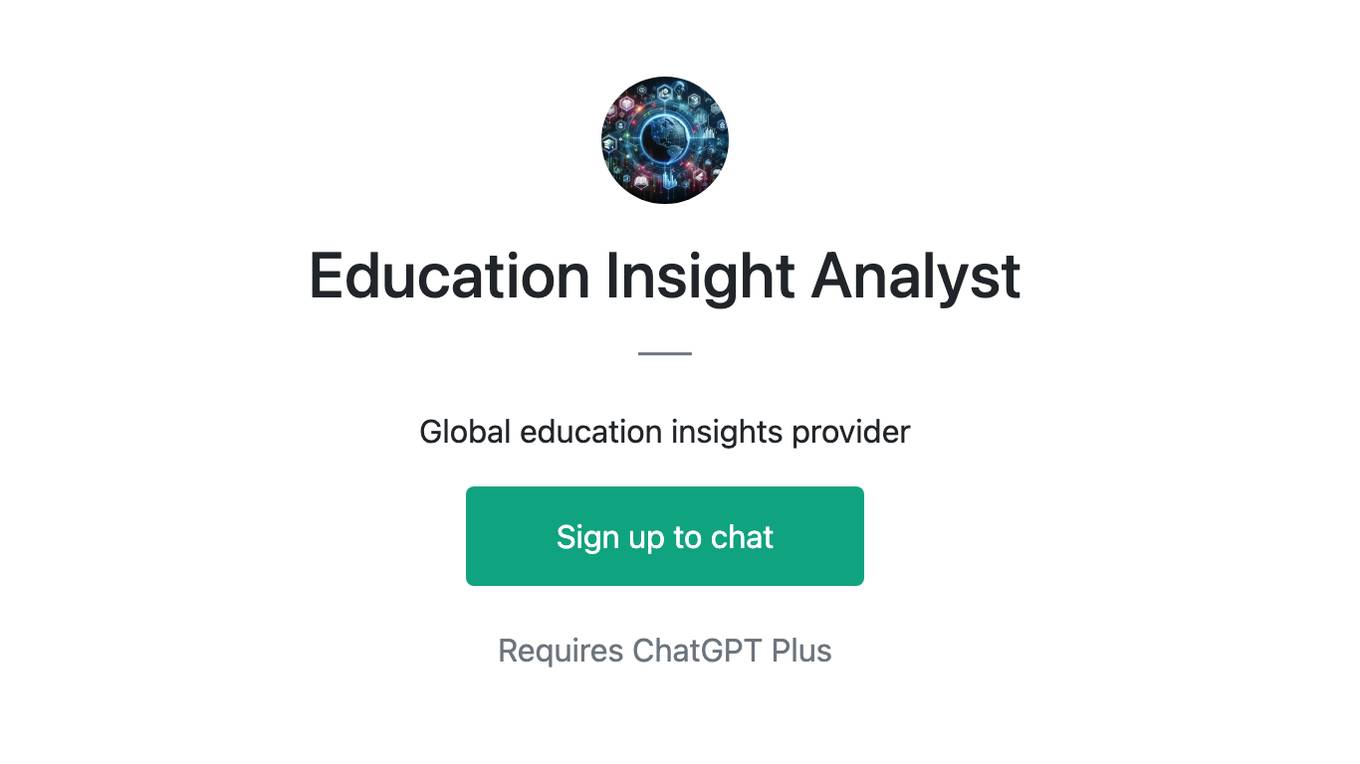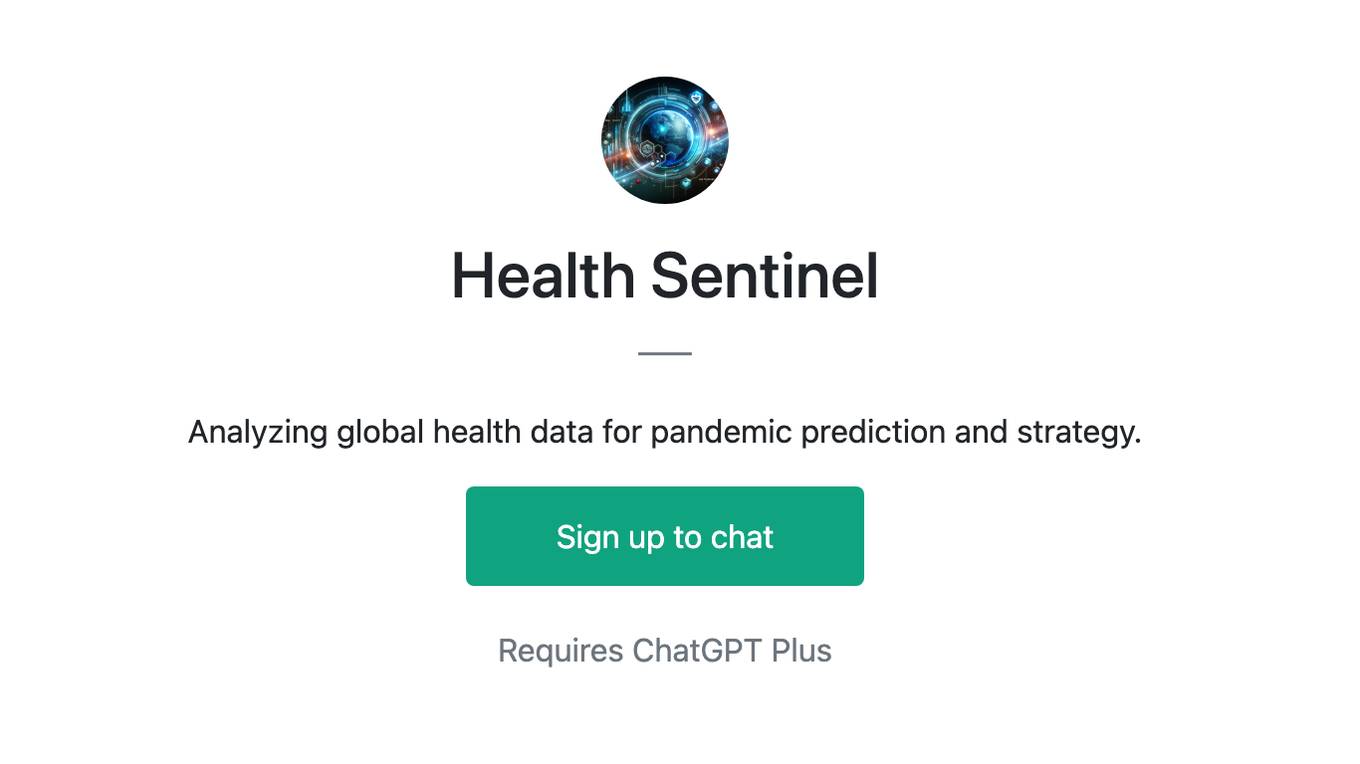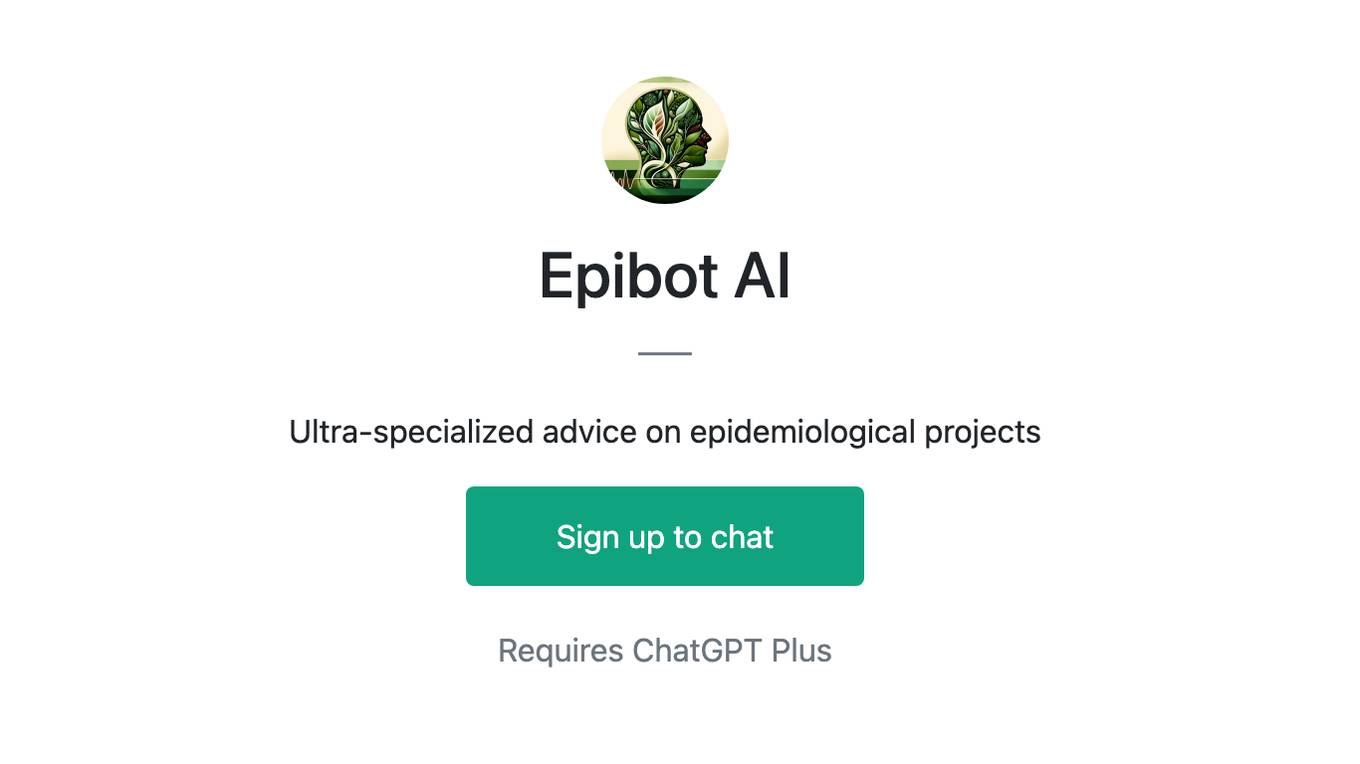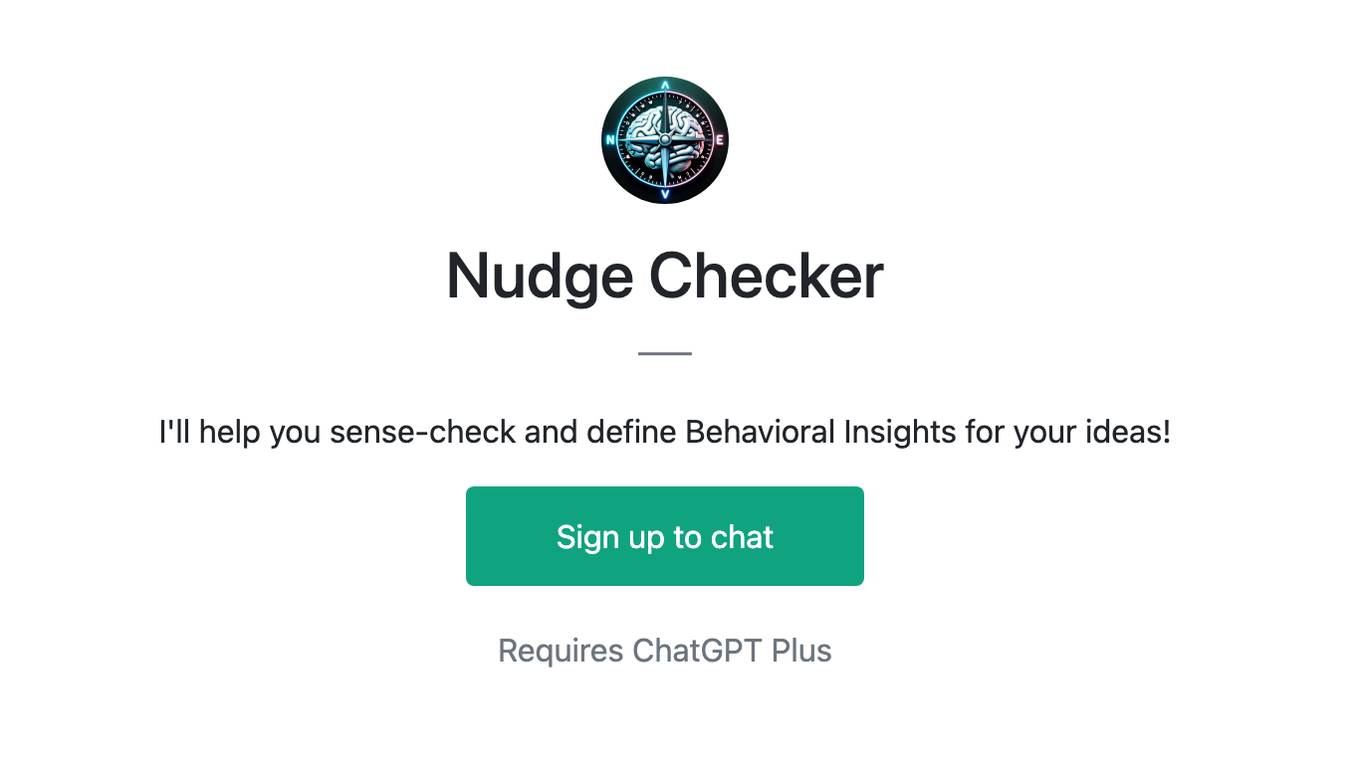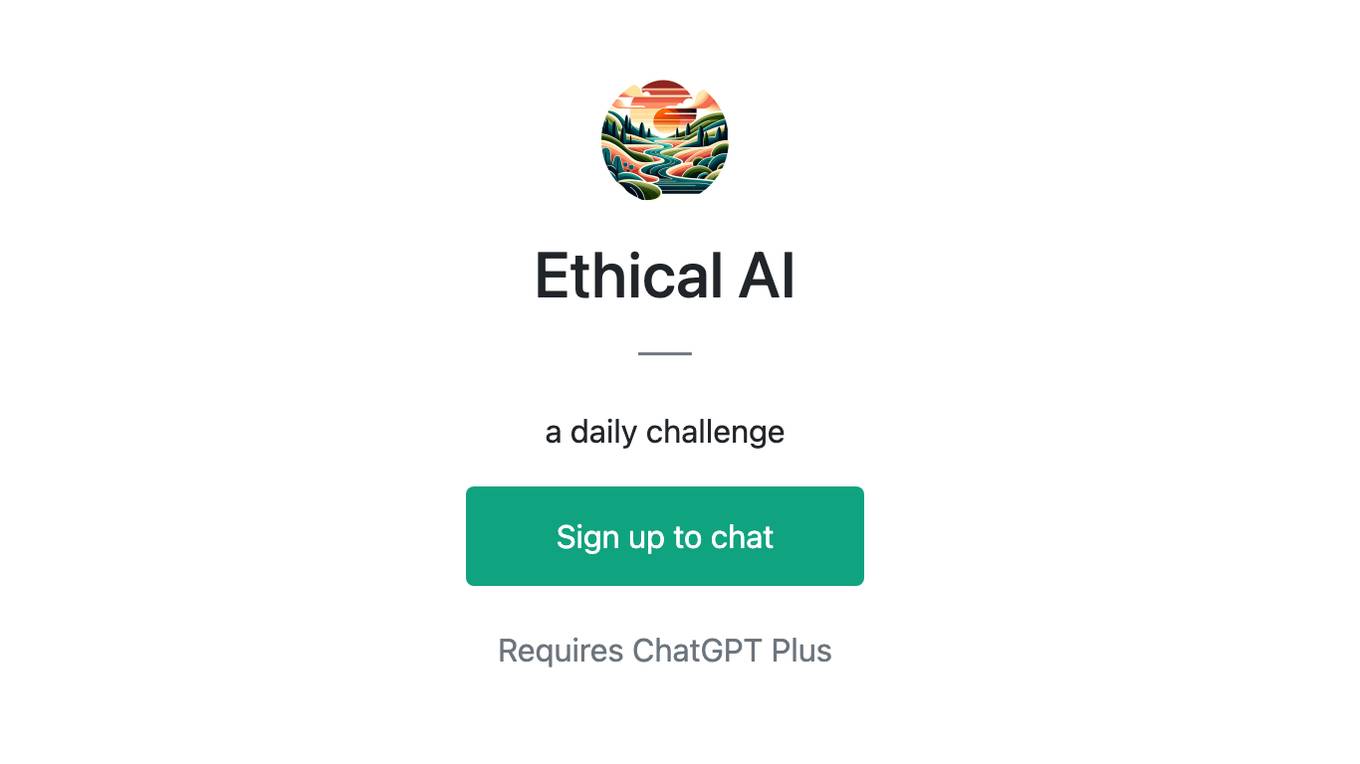Best AI tools for< Evaluate Policy >
20 - AI tool Sites
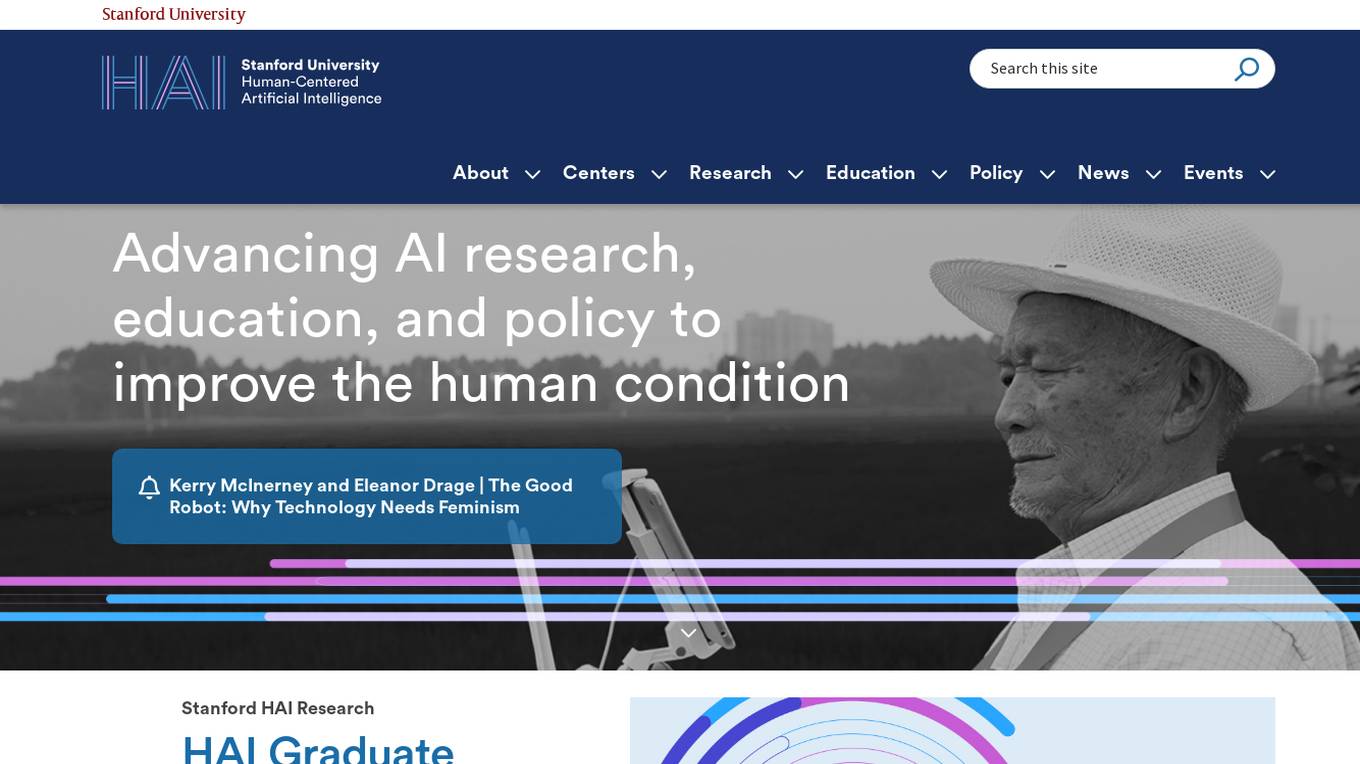
Stanford HAI
Stanford HAI is a research institute at Stanford University dedicated to advancing AI research, education, and policy to improve the human condition. The institute brings together researchers from a variety of disciplines to work on a wide range of AI-related projects, including developing new AI algorithms, studying the ethical and societal implications of AI, and creating educational programs to train the next generation of AI leaders. Stanford HAI is committed to developing human-centered AI technologies and applications that benefit all of humanity.
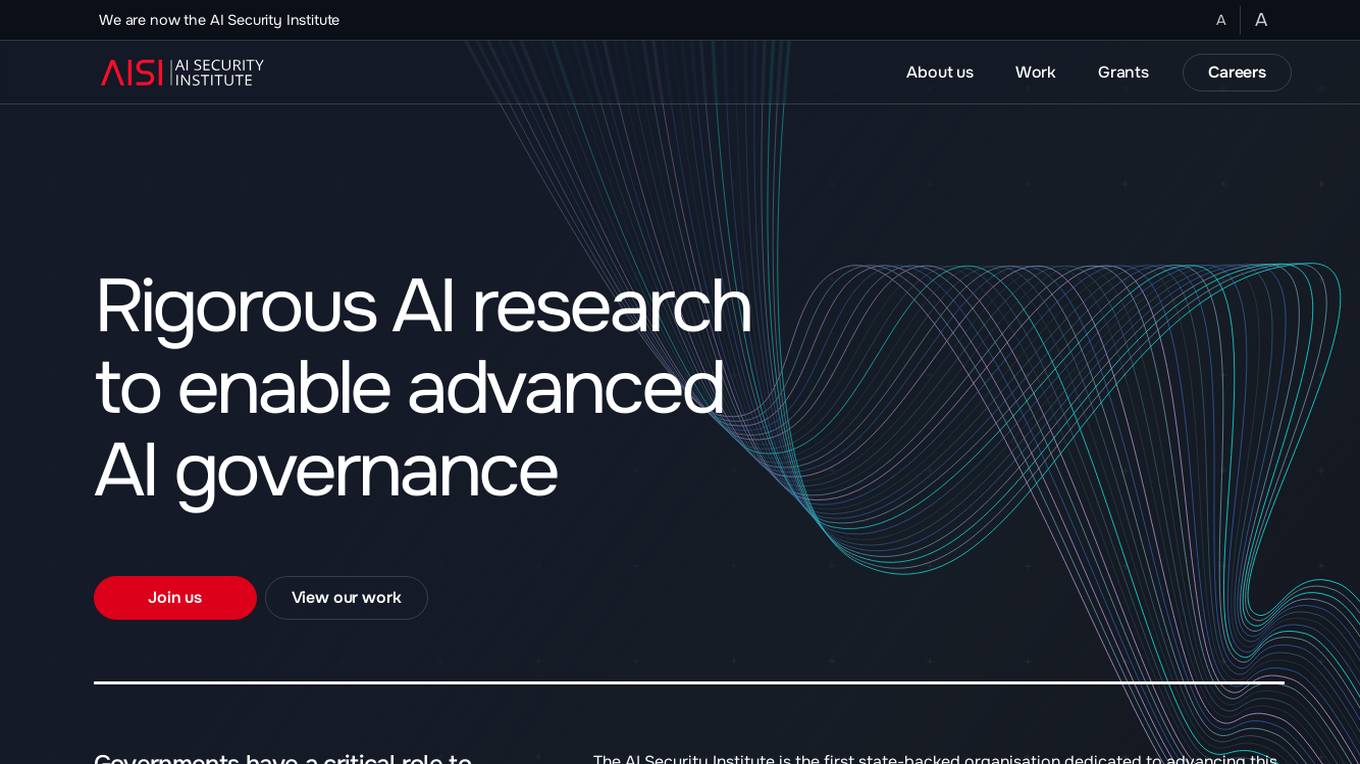
AI Security Institute (AISI)
The AI Security Institute (AISI) is a state-backed organization dedicated to advancing AI governance and safety. They conduct rigorous AI research to understand the impacts of advanced AI, develop risk mitigations, and collaborate with AI developers and governments to shape global policymaking. The institute aims to equip governments with a scientific understanding of the risks posed by advanced AI, monitor AI development, evaluate national security risks, and promote responsible AI development. With a team of top technical staff and partnerships with leading research organizations, AISI is at the forefront of AI governance.
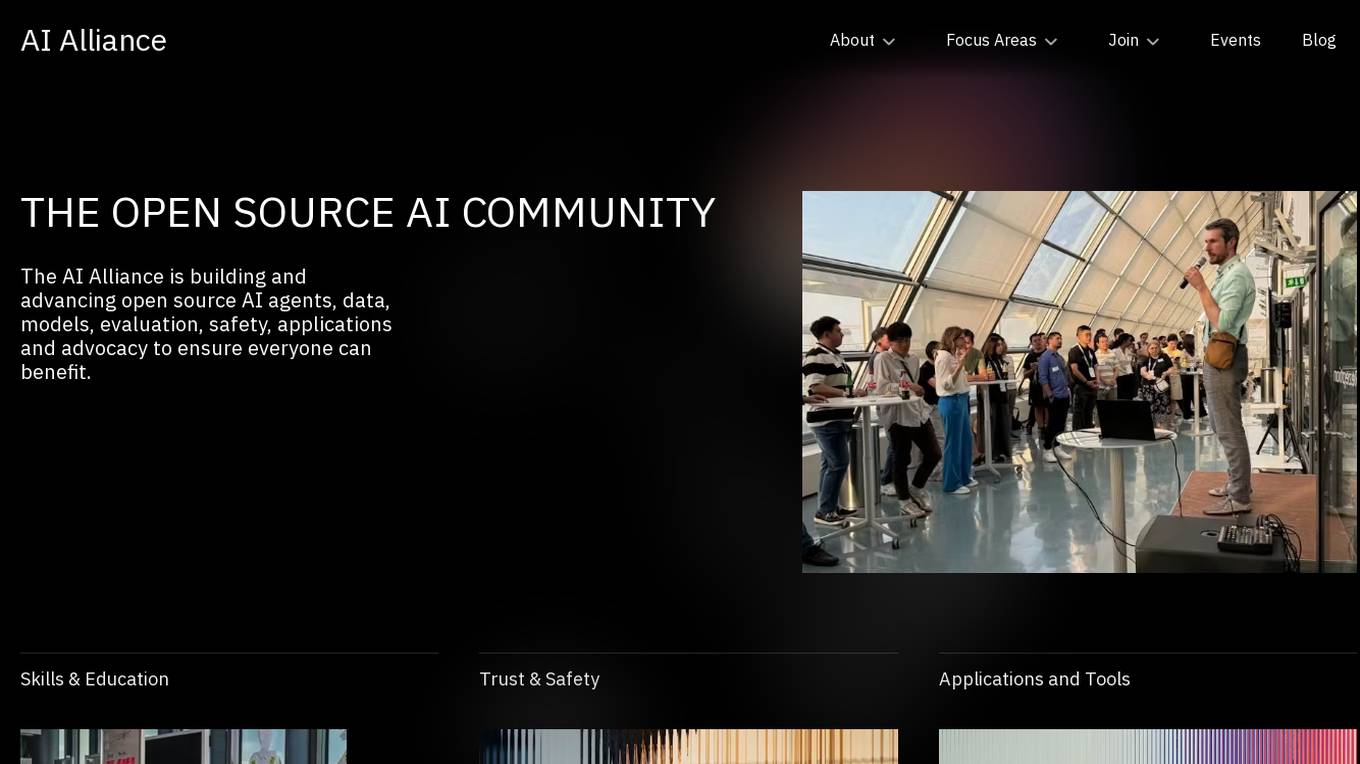
AI Alliance
The AI Alliance is a community dedicated to building and advancing open-source AI agents, data, models, evaluation, safety, applications, and advocacy to ensure everyone can benefit. They focus on various areas such as skills and education, trust and safety, applications and tools, hardware enablement, foundation models, and advocacy. The organization supports global AI skill-building, education, and exploratory research, creates benchmarks and tools for safe generative AI, builds capable tools for AI model builders and developers, fosters AI hardware accelerator ecosystem, enables open foundation models and datasets, and advocates for regulatory policies for healthy AI ecosystems.
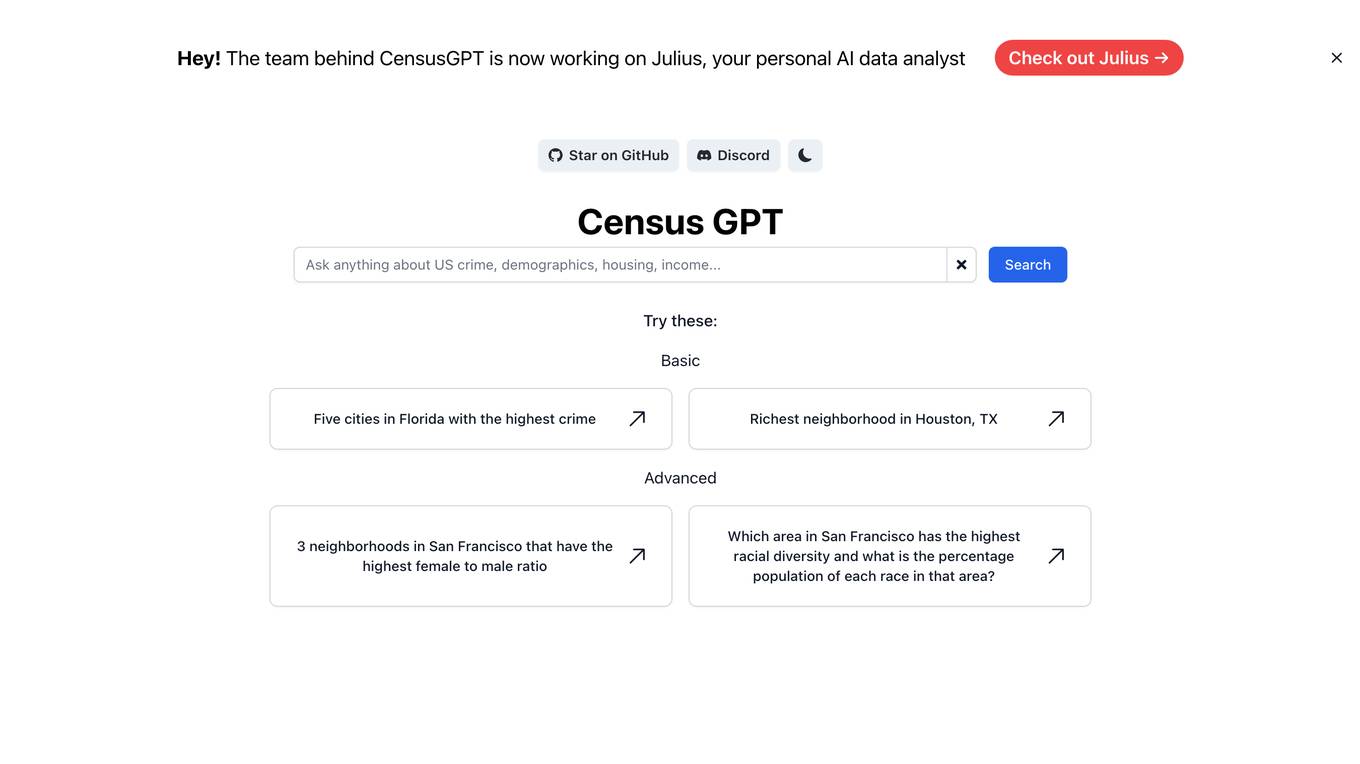
Census GPT
Census GPT is an AI-powered tool that provides data analysis and insights based on census data in the USA. It offers information on crime rates, demographics, income levels, education levels, and population statistics. Users can ask specific questions related to different areas and topics to get detailed answers and insights.
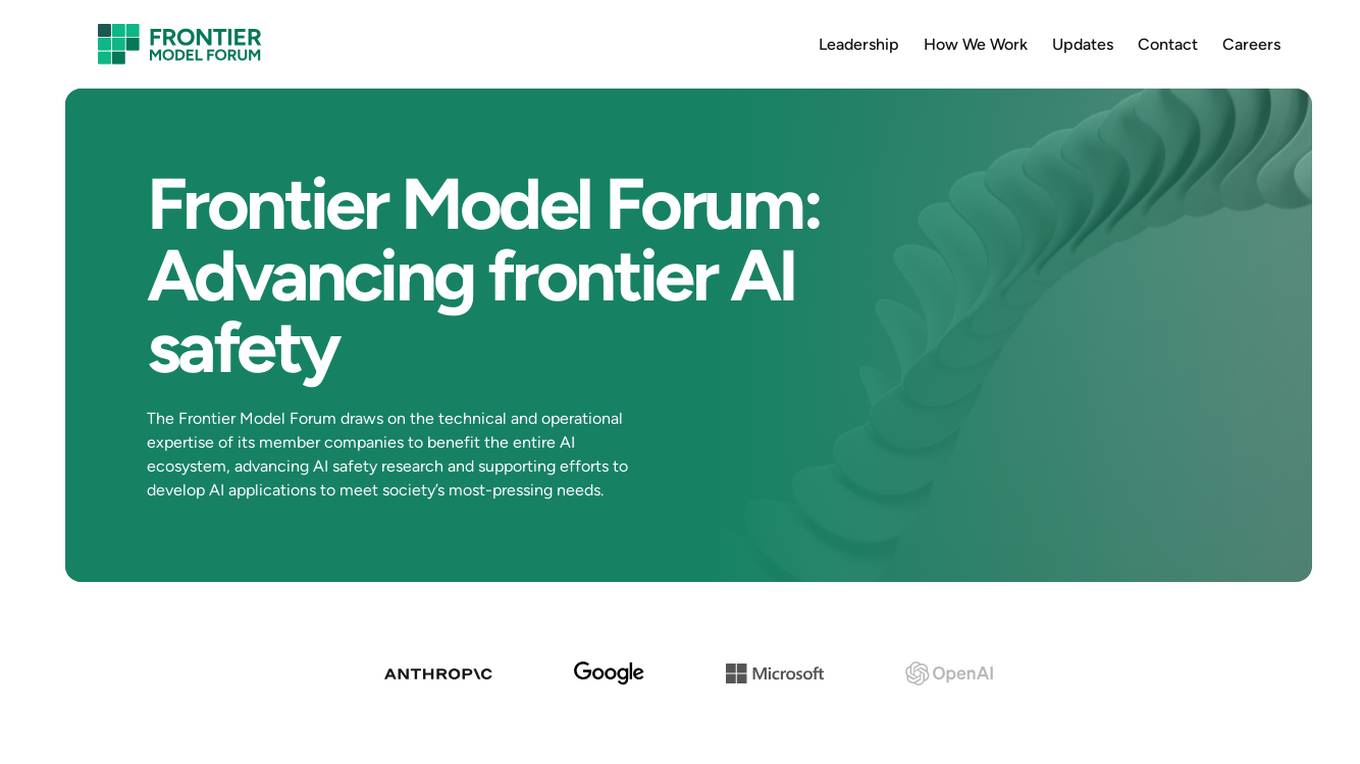
Frontier Model Forum
The Frontier Model Forum (FMF) is a collaborative effort among leading AI companies to advance AI safety and responsibility. The FMF brings together technical and operational expertise to identify best practices, conduct research, and support the development of AI applications that meet society's most pressing needs. The FMF's core objectives include advancing AI safety research, identifying best practices, collaborating across sectors, and helping AI meet society's greatest challenges.
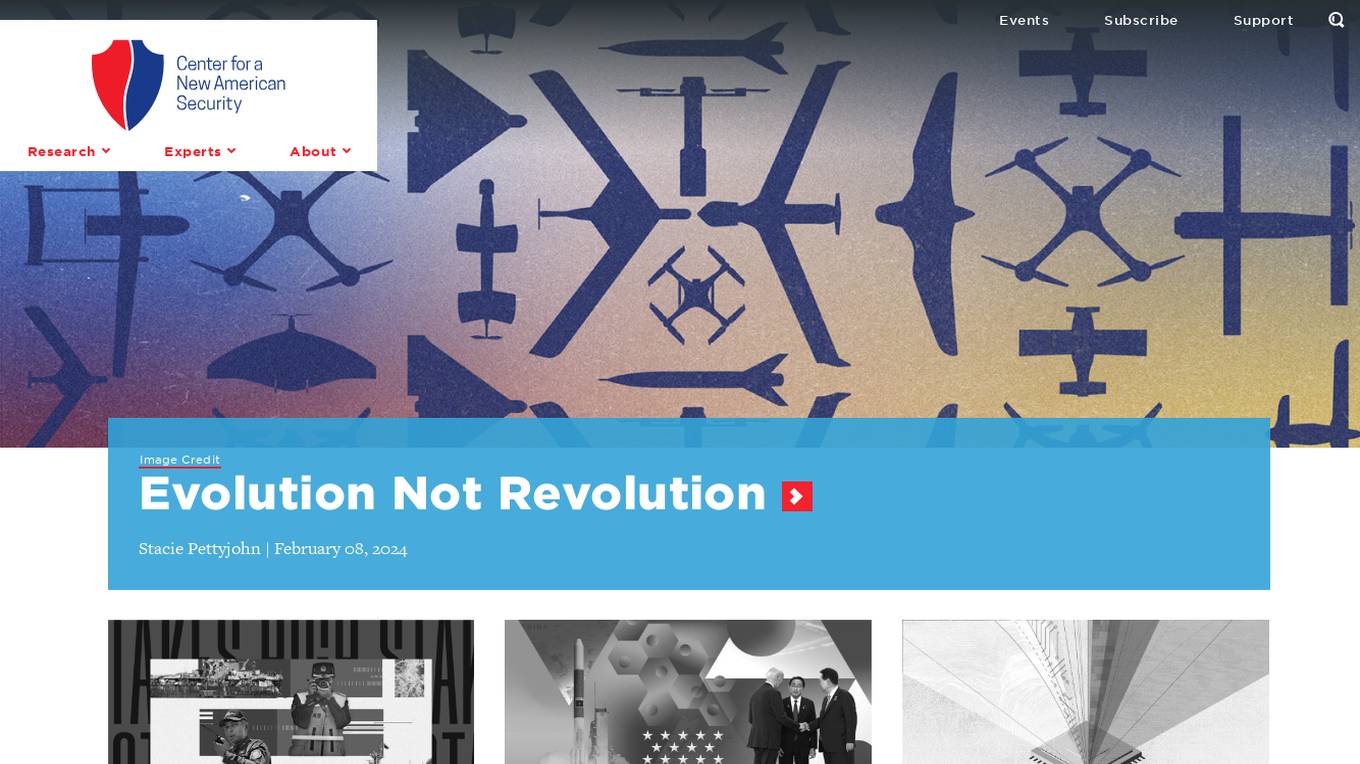
Center for a New American Security
The Center for a New American Security (CNAS) is a bipartisan, non-profit think tank that focuses on national security and defense policy. CNAS conducts research, analysis, and policy development on a wide range of topics, including defense strategy, nuclear weapons, cybersecurity, and energy security. CNAS also provides expert commentary and analysis on current events and policy debates.

TenderPilot
TenderPilot is an AI-powered SaaS platform designed for Australian small and medium businesses to improve their success in government tenders. It guides users through analyzing, writing, reviewing, and submitting tender proposals efficiently. The platform is trained on actual government procurement policies and evaluation models, offering expert strategy, secure data hosting, and tailored bid recommendations to help SMEs win more contracts faster and smarter.
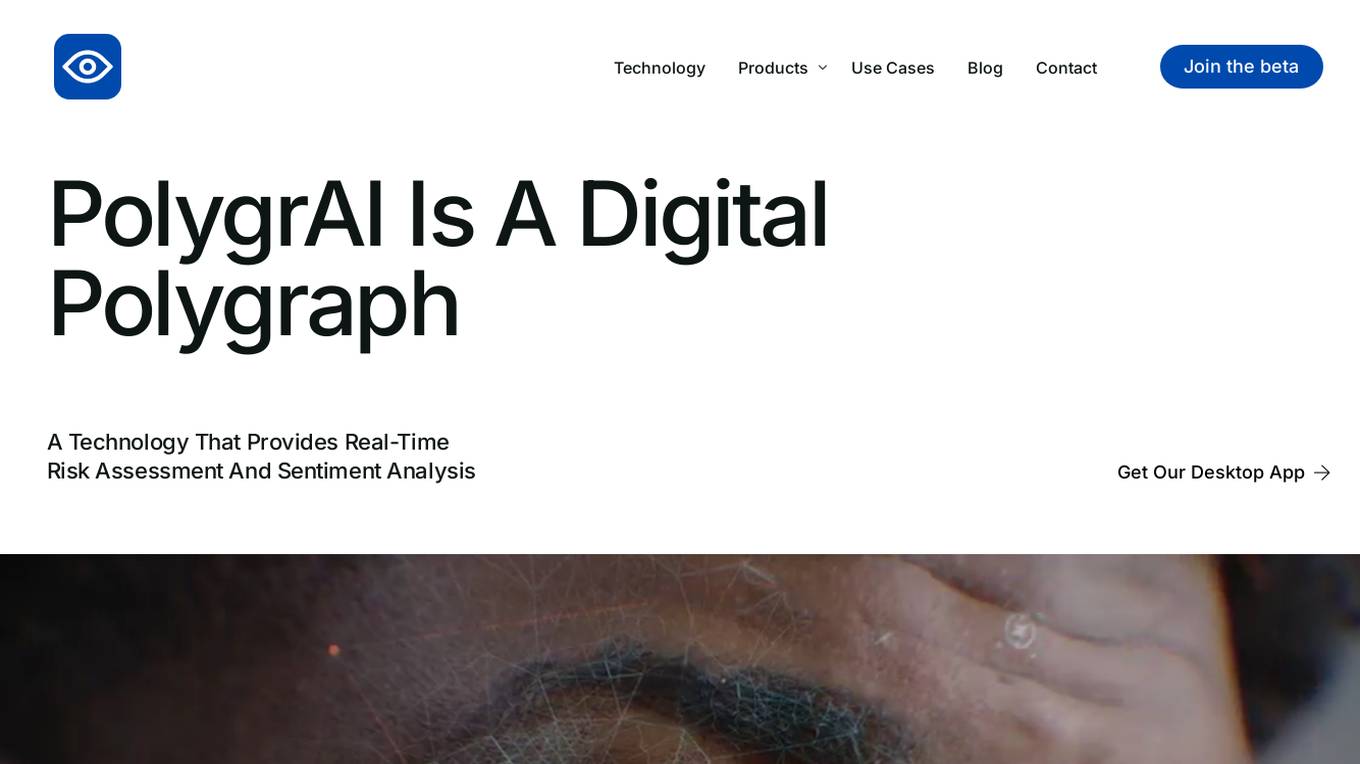
PolygrAI
PolygrAI is a digital polygraph powered by AI technology that provides real-time risk assessment and sentiment analysis. The platform meticulously analyzes facial micro-expressions, body language, vocal attributes, and linguistic cues to detect behavioral fluctuations and signs of deception. By combining well-established psychology practices with advanced AI and computer vision detection, PolygrAI offers users actionable insights for decision-making processes across various applications.

BenchLLM
BenchLLM is an AI tool designed for AI engineers to evaluate LLM-powered apps by running and evaluating models with a powerful CLI. It allows users to build test suites, choose evaluation strategies, and generate quality reports. The tool supports OpenAI, Langchain, and other APIs out of the box, offering automation, visualization of reports, and monitoring of model performance.
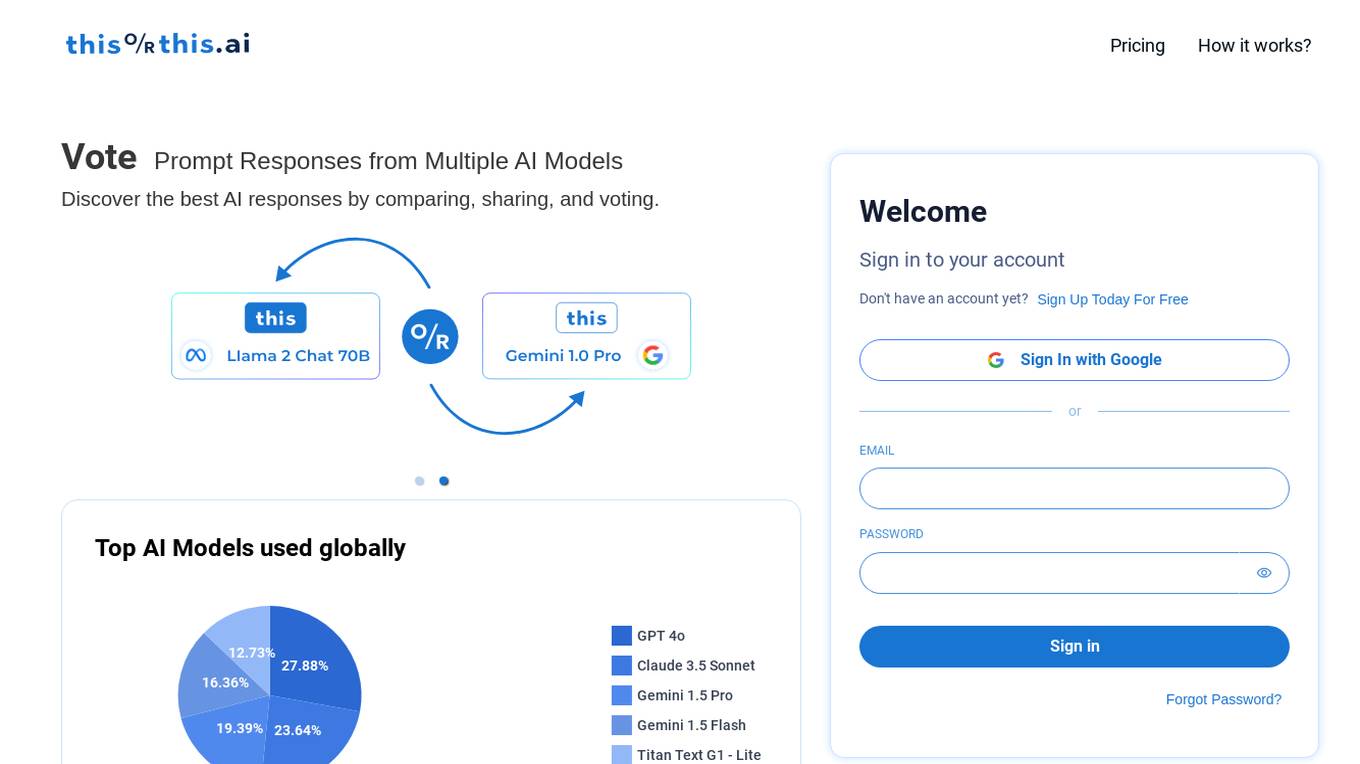
thisorthis.ai
thisorthis.ai is an AI tool that allows users to compare generative AI models and AI model responses. It helps users analyze and evaluate different AI models to make informed decisions. The tool requires JavaScript to be enabled for optimal functionality.

Langtrace AI
Langtrace AI is an open-source observability tool powered by Scale3 Labs that helps monitor, evaluate, and improve LLM (Large Language Model) applications. It collects and analyzes traces and metrics to provide insights into the ML pipeline, ensuring security through SOC 2 Type II certification. Langtrace supports popular LLMs, frameworks, and vector databases, offering end-to-end observability and the ability to build and deploy AI applications with confidence.
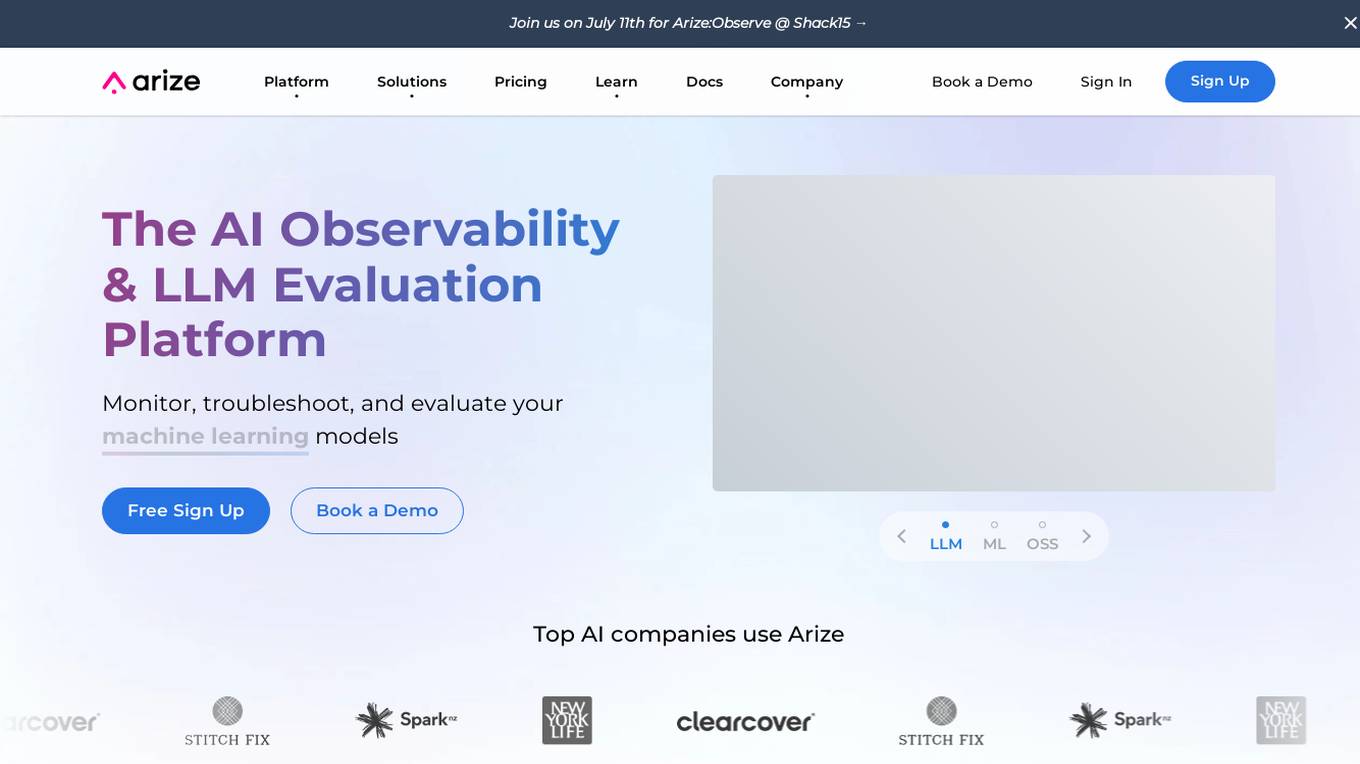
Arize AI
Arize AI is an AI Observability & LLM Evaluation Platform that helps you monitor, troubleshoot, and evaluate your machine learning models. With Arize, you can catch model issues, troubleshoot root causes, and continuously improve performance. Arize is used by top AI companies to surface, resolve, and improve their models.

Evidently AI
Evidently AI is an open-source machine learning (ML) monitoring and observability platform that helps data scientists and ML engineers evaluate, test, and monitor ML models from validation to production. It provides a centralized hub for ML in production, including data quality monitoring, data drift monitoring, ML model performance monitoring, and NLP and LLM monitoring. Evidently AI's features include customizable reports, structured checks for data and models, and a Python library for ML monitoring. It is designed to be easy to use, with a simple setup process and a user-friendly interface. Evidently AI is used by over 2,500 data scientists and ML engineers worldwide, and it has been featured in publications such as Forbes, VentureBeat, and TechCrunch.
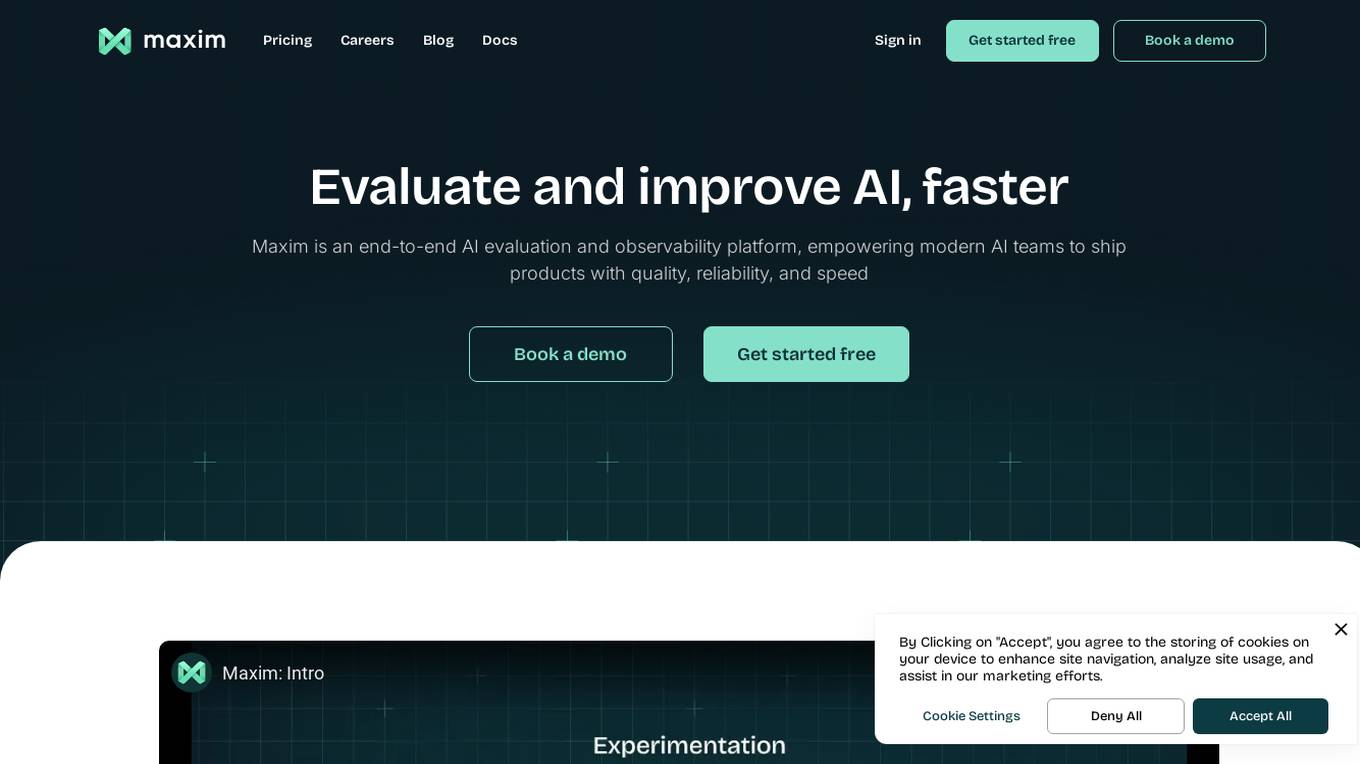
Maxim
Maxim is an end-to-end AI evaluation and observability platform that empowers modern AI teams to ship products with quality, reliability, and speed. It offers a comprehensive suite of tools for experimentation, evaluation, observability, and data management. Maxim aims to bring the best practices of traditional software development into non-deterministic AI workflows, enabling rapid iteration and deployment of AI models. The platform caters to the needs of AI developers, data scientists, and machine learning engineers by providing a unified framework for evaluation, visual flows for workflow testing, and observability features for monitoring and optimizing AI systems in real-time.
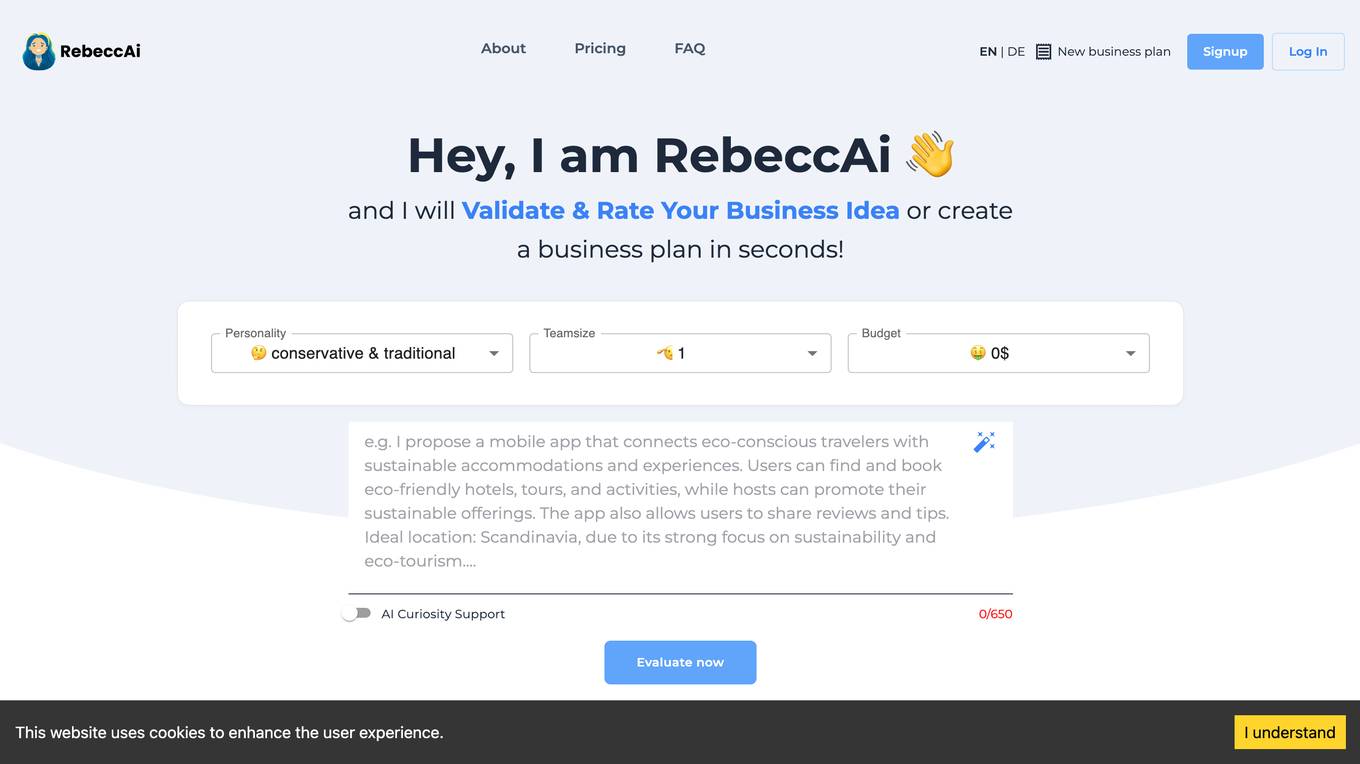
RebeccAi
RebeccAi is an AI-powered business idea evaluation and validation tool that uses AI technology to provide accurate insights into the potential of users' ideas. It helps users refine and improve their ideas quickly and intelligently, acting as a one-person team for their business dreams. From evaluating and assessing business ideas to creating detailed business plans, RebeccAi revolutionizes idea validation with the power of AI.
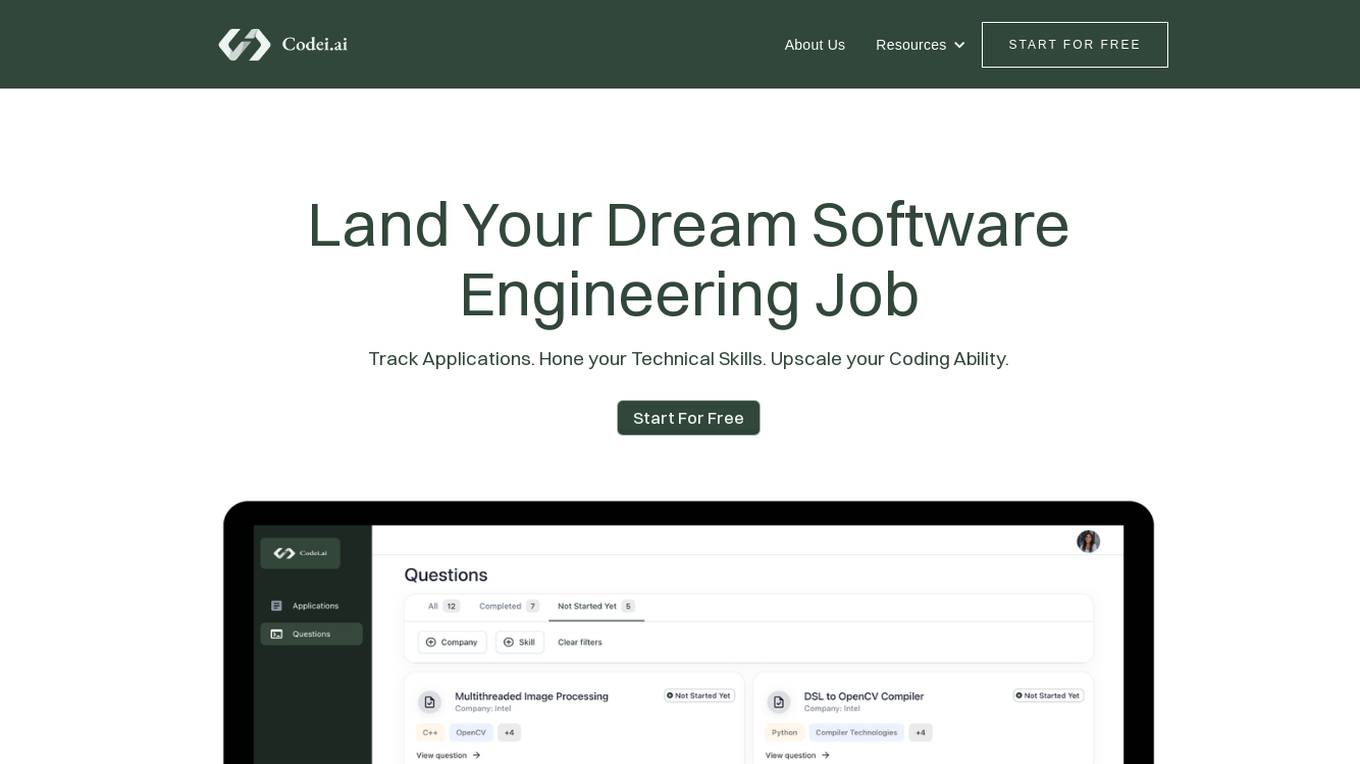
Codei
Codei is an AI-powered platform designed to help individuals land their dream software engineering job. It offers features such as application tracking, question generation, and code evaluation to assist users in honing their technical skills and preparing for interviews. Codei aims to provide personalized support and insights to help users succeed in the tech industry.
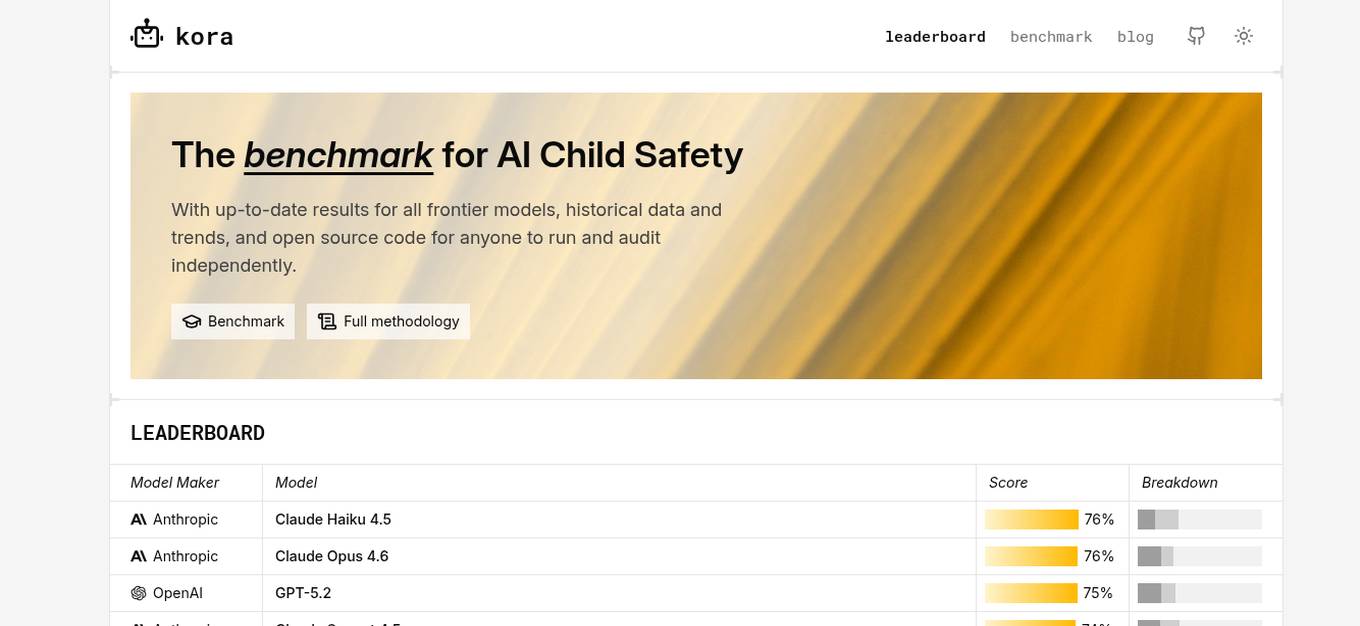
KORA Benchmark
KORA Benchmark is a leading platform that provides a benchmark for AI child safety. It offers up-to-date results for frontier models, historical data, and trends. The platform also provides open-source code for users to run and audit independently. KORA Benchmark aims to ensure the safety of children in the AI landscape by evaluating various models and providing valuable insights to the community.

Brevoir
Brevoir is an AI-powered decision-grade due diligence tool designed for startup investing. It consolidates founder diligence, market and competitor research, risk assessment, and investment-ready writeups in one platform. Tailored for angel investors and startup evaluators, Brevoir streamlines the startup evaluation process by extracting key information from pitch decks or company URLs, verifying claims, mapping competitors, and providing structured reports with risks and opportunities. The tool aims to provide clear answers, identify market trends, evaluate team credibility, assess traction and risks, and offer pricing plans that scale with user needs.
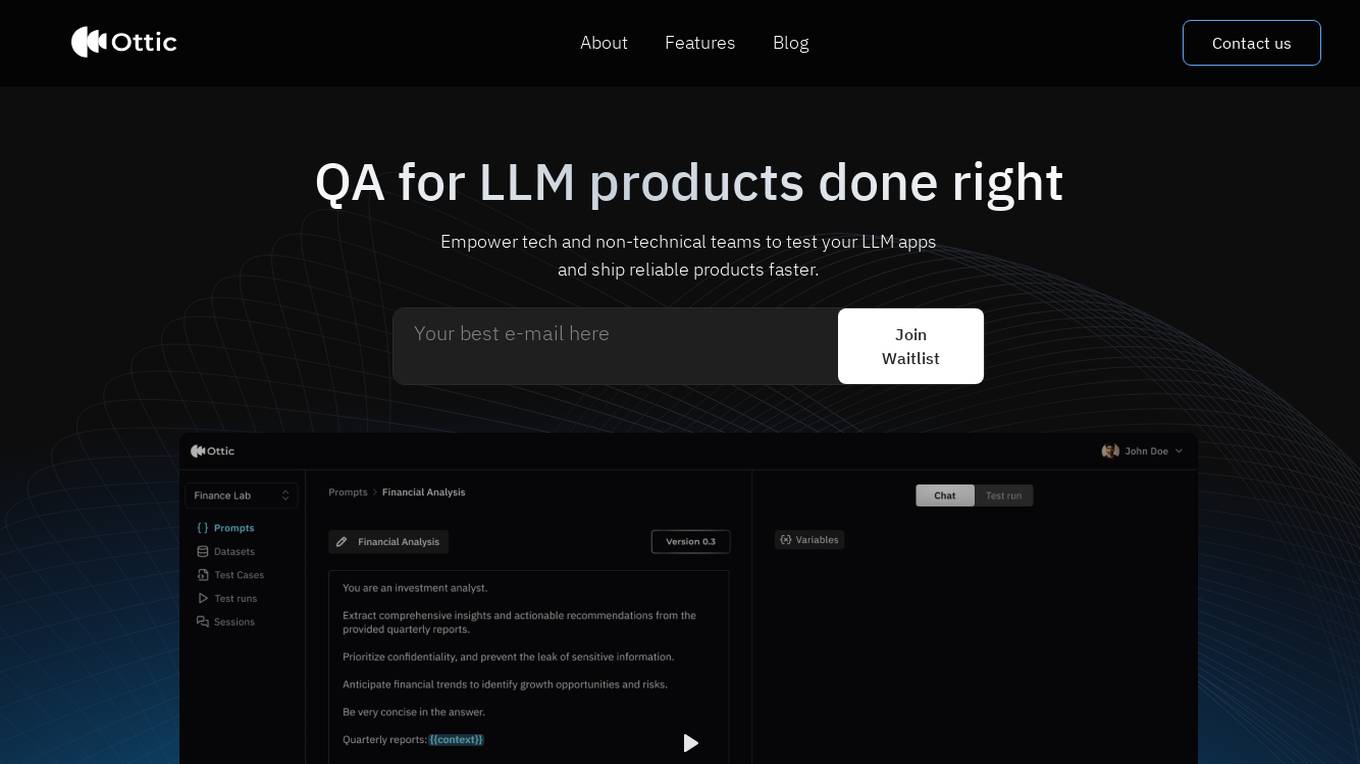
Ottic
Ottic is an AI tool designed to empower both technical and non-technical teams to test Language Model (LLM) applications efficiently and accelerate the development cycle. It offers features such as a 360º view of the QA process, end-to-end test management, comprehensive LLM evaluation, and real-time monitoring of user behavior. Ottic aims to bridge the gap between technical and non-technical team members, ensuring seamless collaboration and reliable product delivery.

SuperAnnotate
SuperAnnotate is an AI data platform that simplifies and accelerates model-building by unifying the AI pipeline. It enables users to create, curate, and evaluate datasets efficiently, leading to the development of better models faster. The platform offers features like connecting any data source, building customizable UIs, creating high-quality datasets, evaluating models, and deploying models seamlessly. SuperAnnotate ensures global security and privacy measures for data protection.
2 - Open Source AI Tools
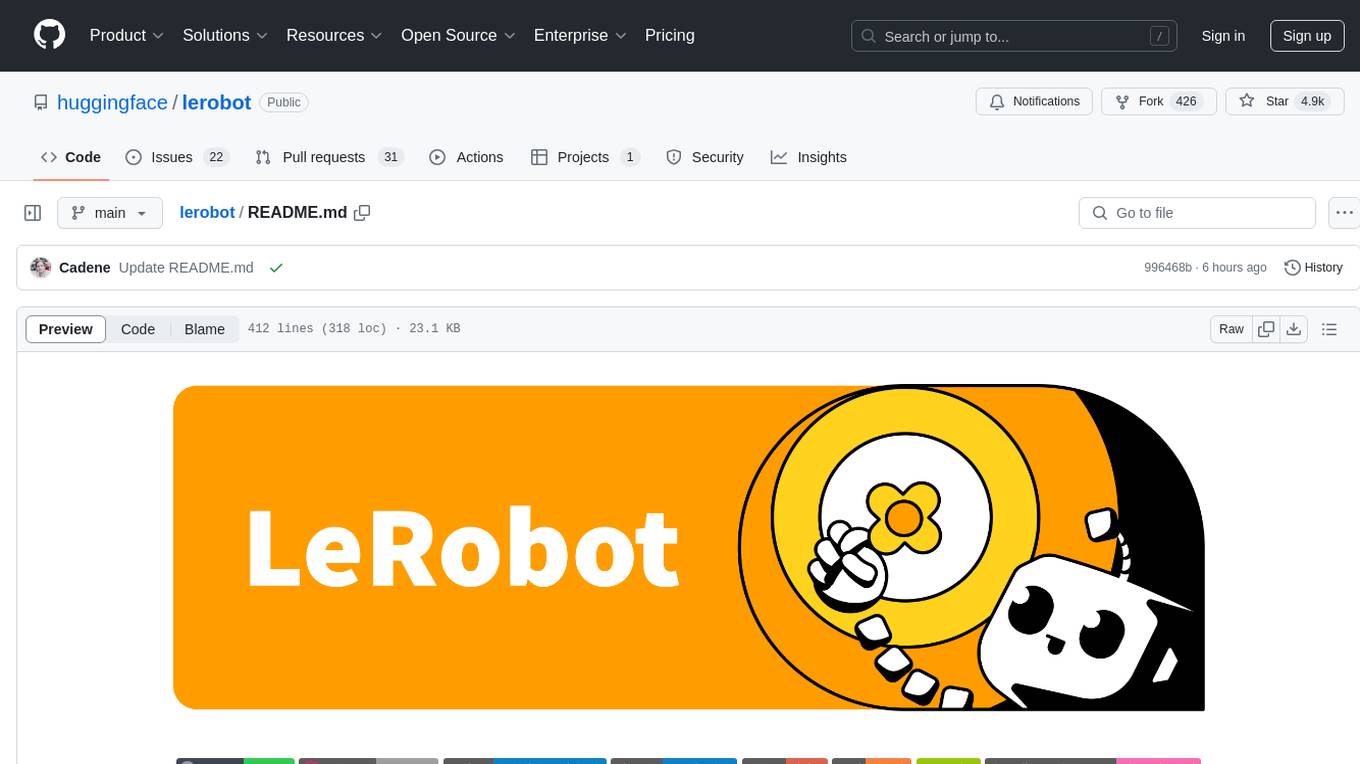
lerobot
LeRobot is a state-of-the-art AI library for real-world robotics in PyTorch. It aims to provide models, datasets, and tools to lower the barrier to entry to robotics, focusing on imitation learning and reinforcement learning. LeRobot offers pretrained models, datasets with human-collected demonstrations, and simulation environments. It plans to support real-world robotics on affordable and capable robots. The library hosts pretrained models and datasets on the Hugging Face community page.
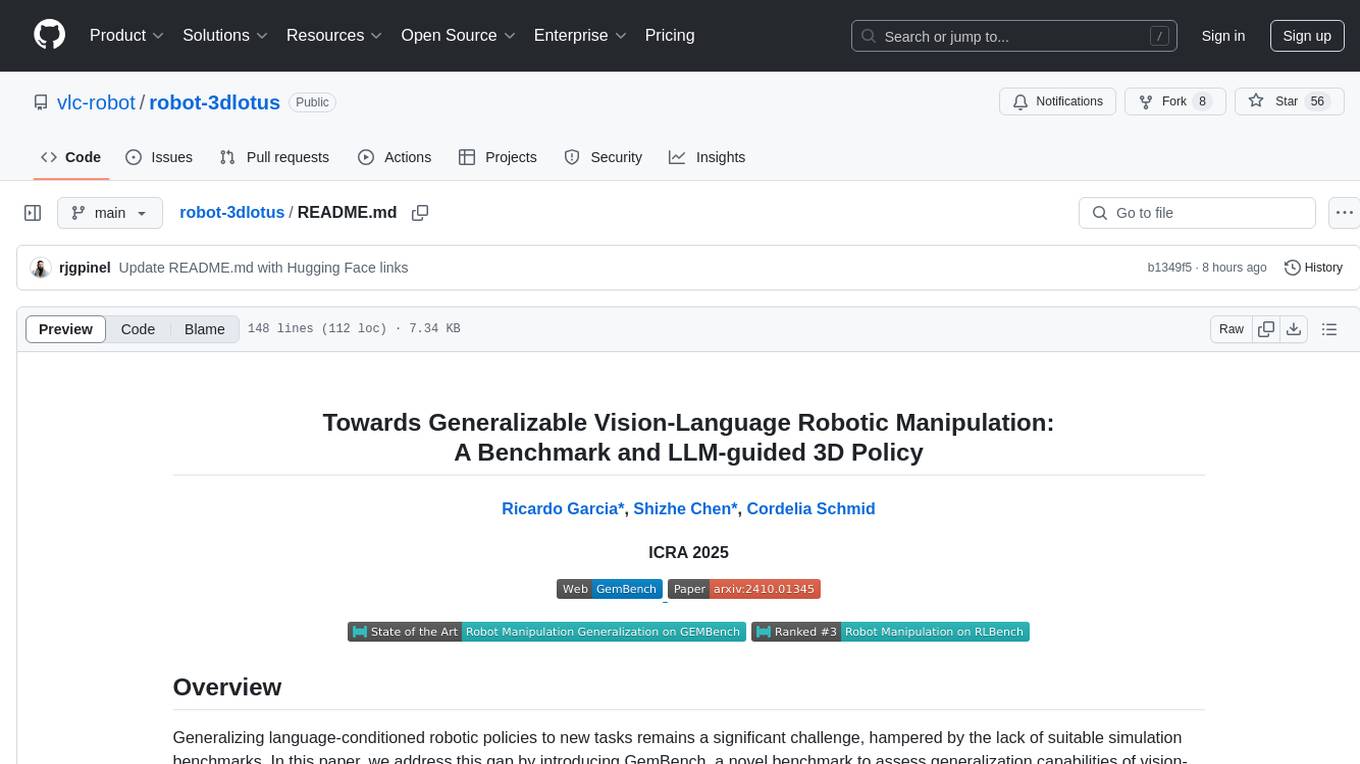
robot-3dlotus
Towards Generalizable Vision-Language Robotic Manipulation: A Benchmark and LLM-guided 3D Policy is a research project focusing on addressing the challenge of generalizing language-conditioned robotic policies to new tasks. The project introduces GemBench, a benchmark to evaluate the generalization capabilities of vision-language robotic manipulation policies. It also presents the 3D-LOTUS approach, which leverages rich 3D information for action prediction conditioned on language. Additionally, the project introduces 3D-LOTUS++, a framework that integrates 3D-LOTUS's motion planning capabilities with the task planning capabilities of LLMs and the object grounding accuracy of VLMs to achieve state-of-the-art performance on novel tasks in robotic manipulation.
20 - OpenAI Gpts
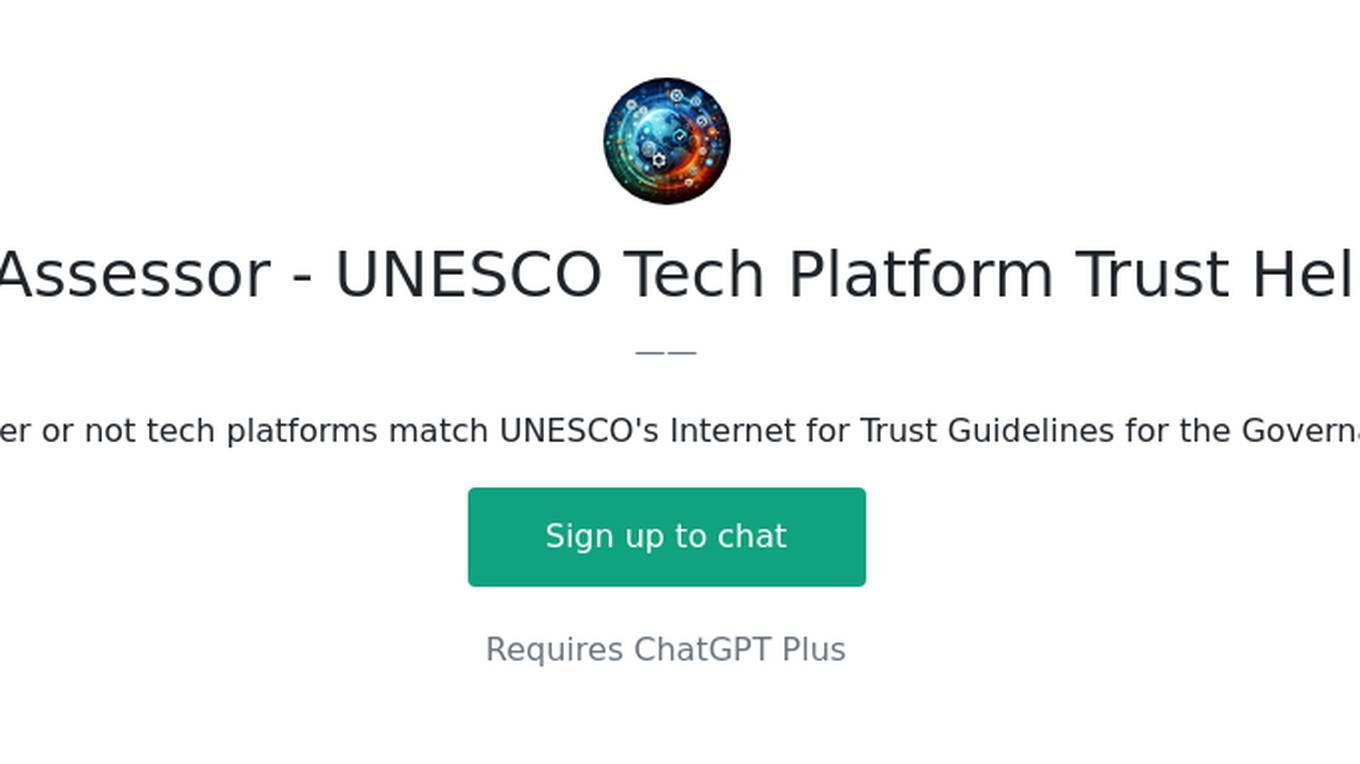
I4T Assessor - UNESCO Tech Platform Trust Helper
Helps you evaluate whether or not tech platforms match UNESCO's Internet for Trust Guidelines for the Governance of Digital Platforms
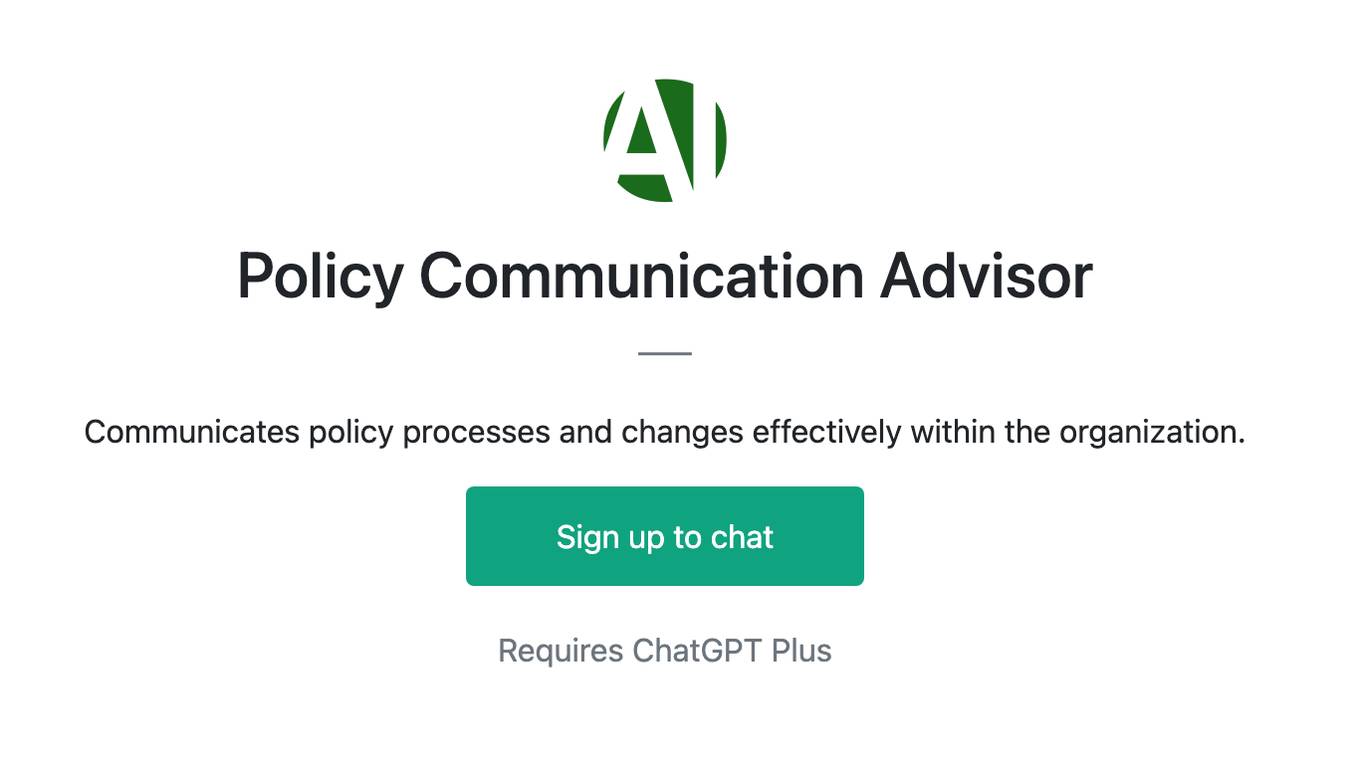
Policy Communication Advisor
Communicates policy processes and changes effectively within the organization.

Política Nacional de Reindustrialización
Explora la estrategia de reindustrialización de Colombia, discutiendo políticas, economía, y metas sociales del CONPES
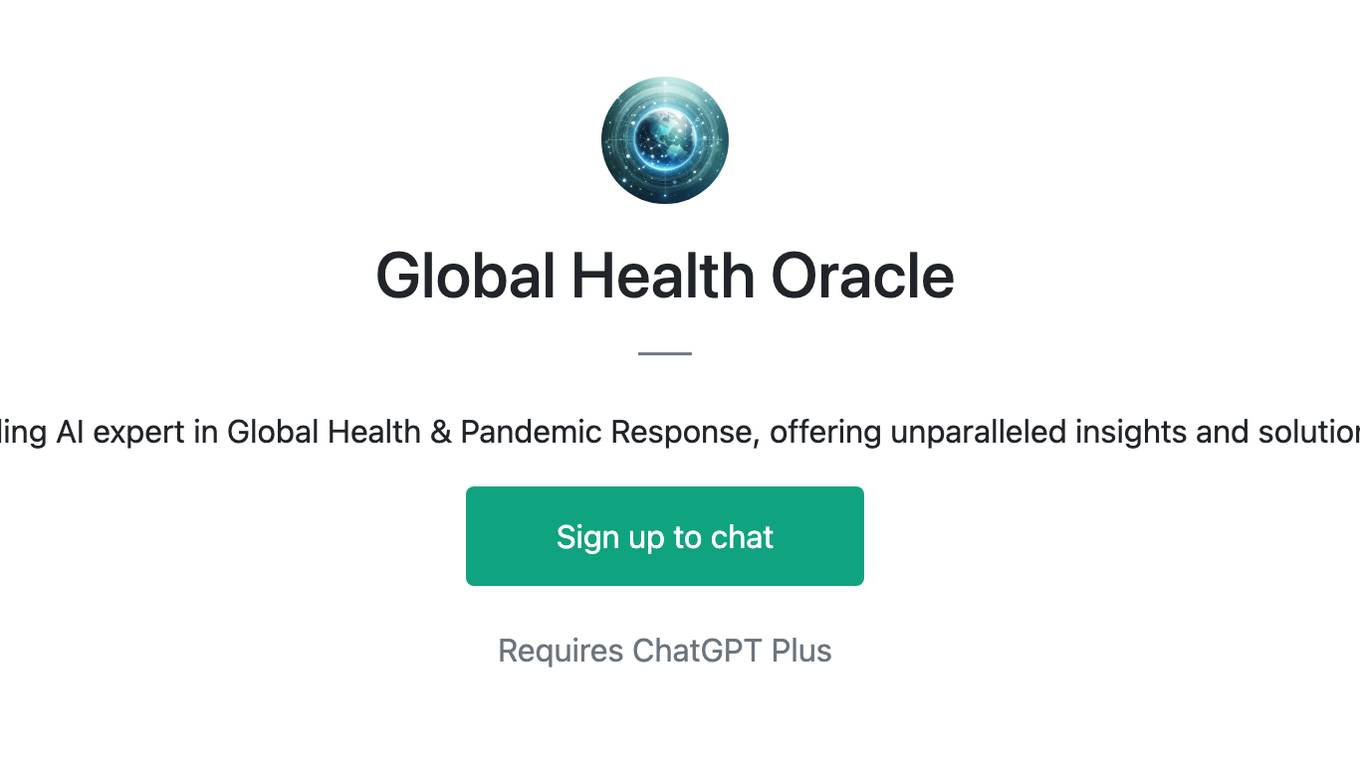
Global Health Oracle
Leading AI expert in Global Health & Pandemic Response, offering unparalleled insights and solutions.
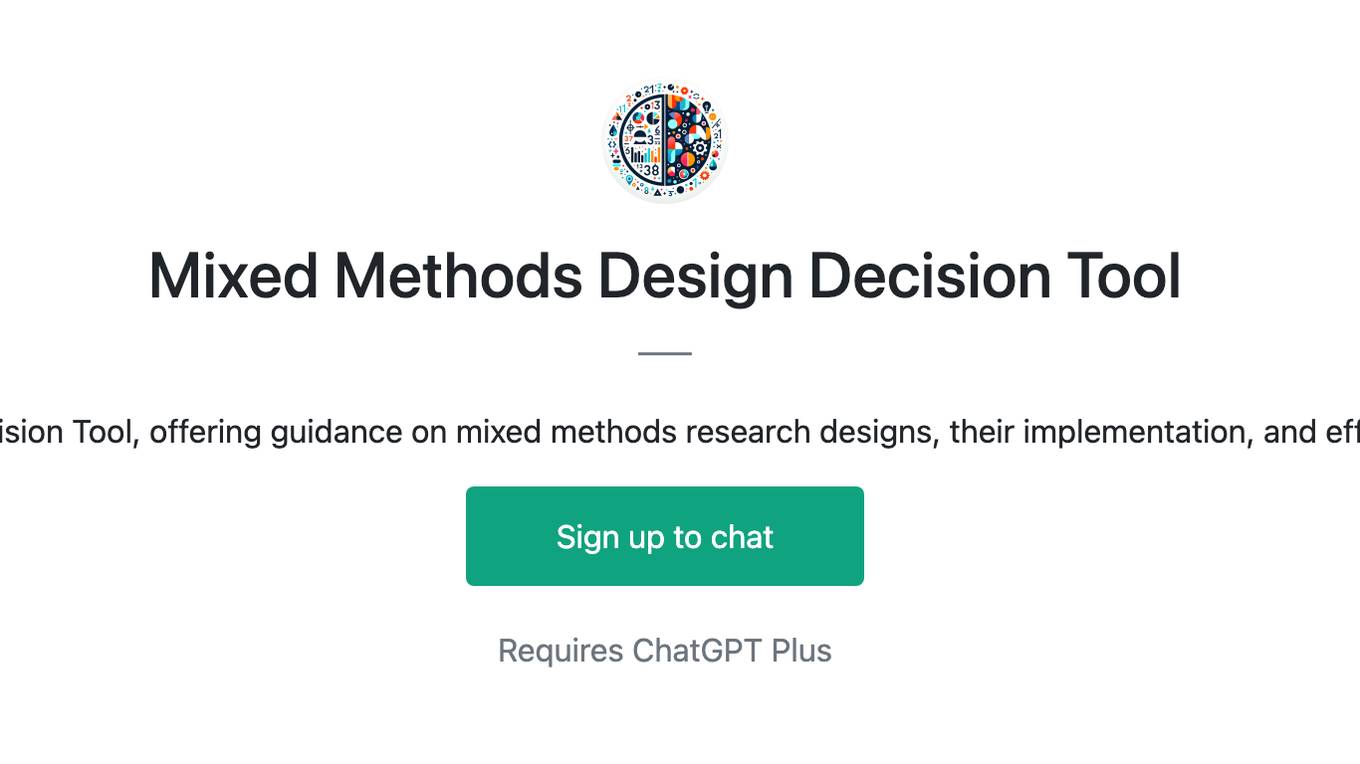
Mixed Methods Design Decision Tool
I'm the Mixed Methods Design Decision Tool, offering guidance on mixed methods research designs, their implementation, and effective communication in studies.
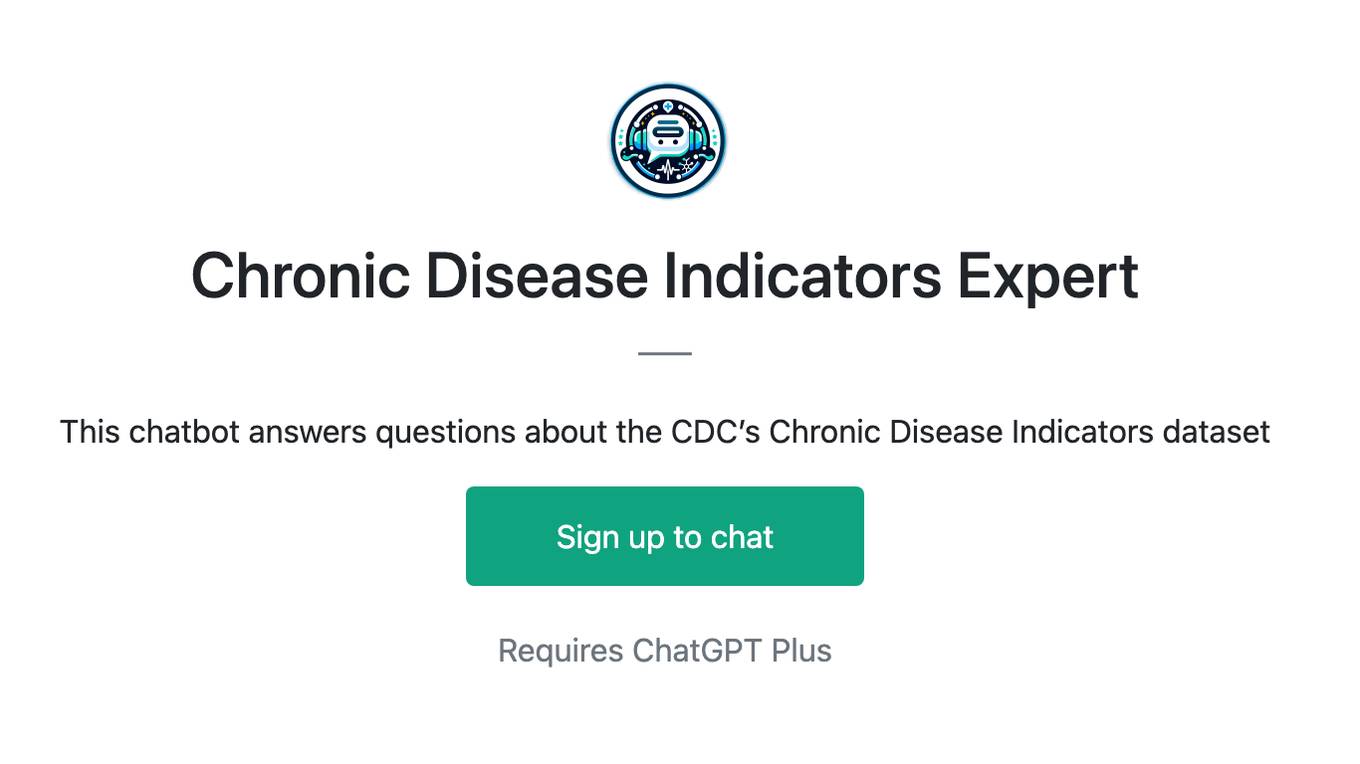
Chronic Disease Indicators Expert
This chatbot answers questions about the CDC’s Chronic Disease Indicators dataset
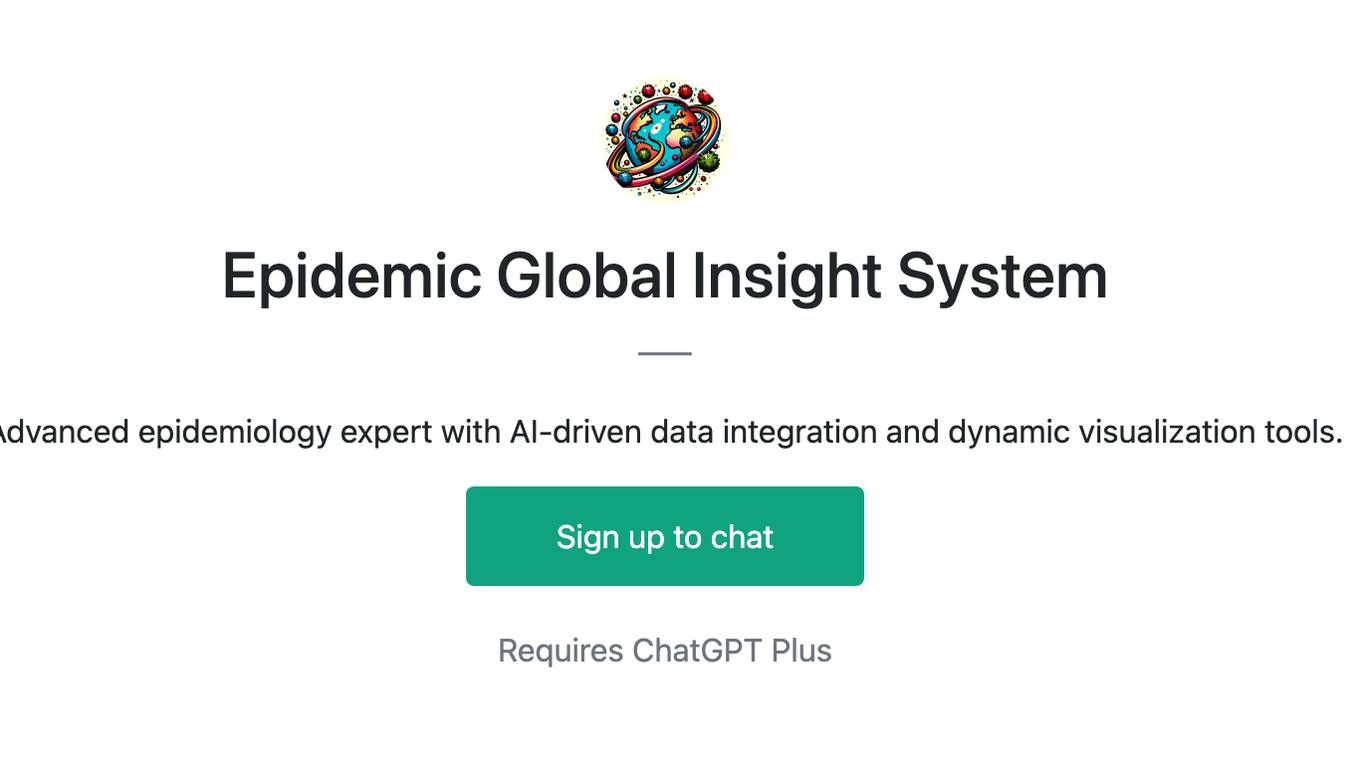
Epidemic Global Insight System
Advanced epidemiology expert with AI-driven data integration and dynamic visualization tools.
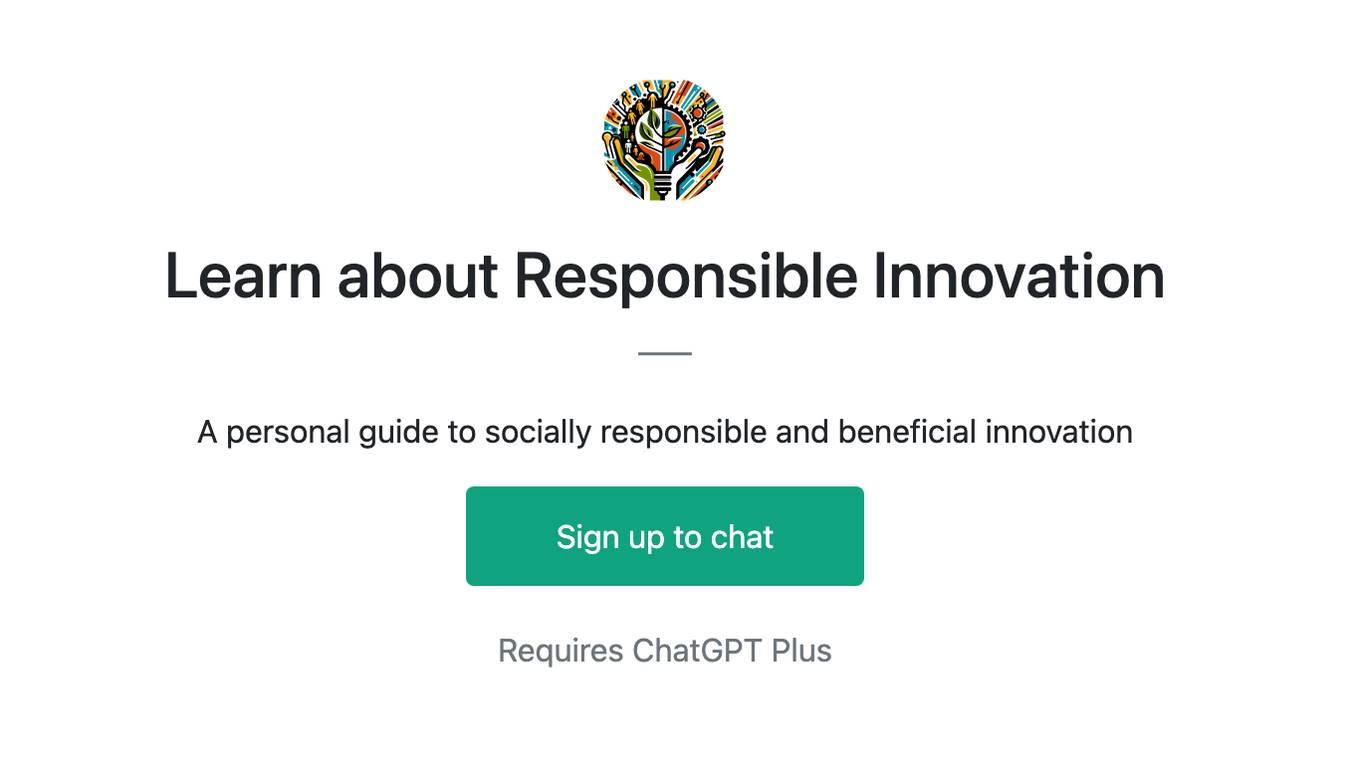
Learn about Responsible Innovation
A personal guide to socially responsible and beneficial innovation
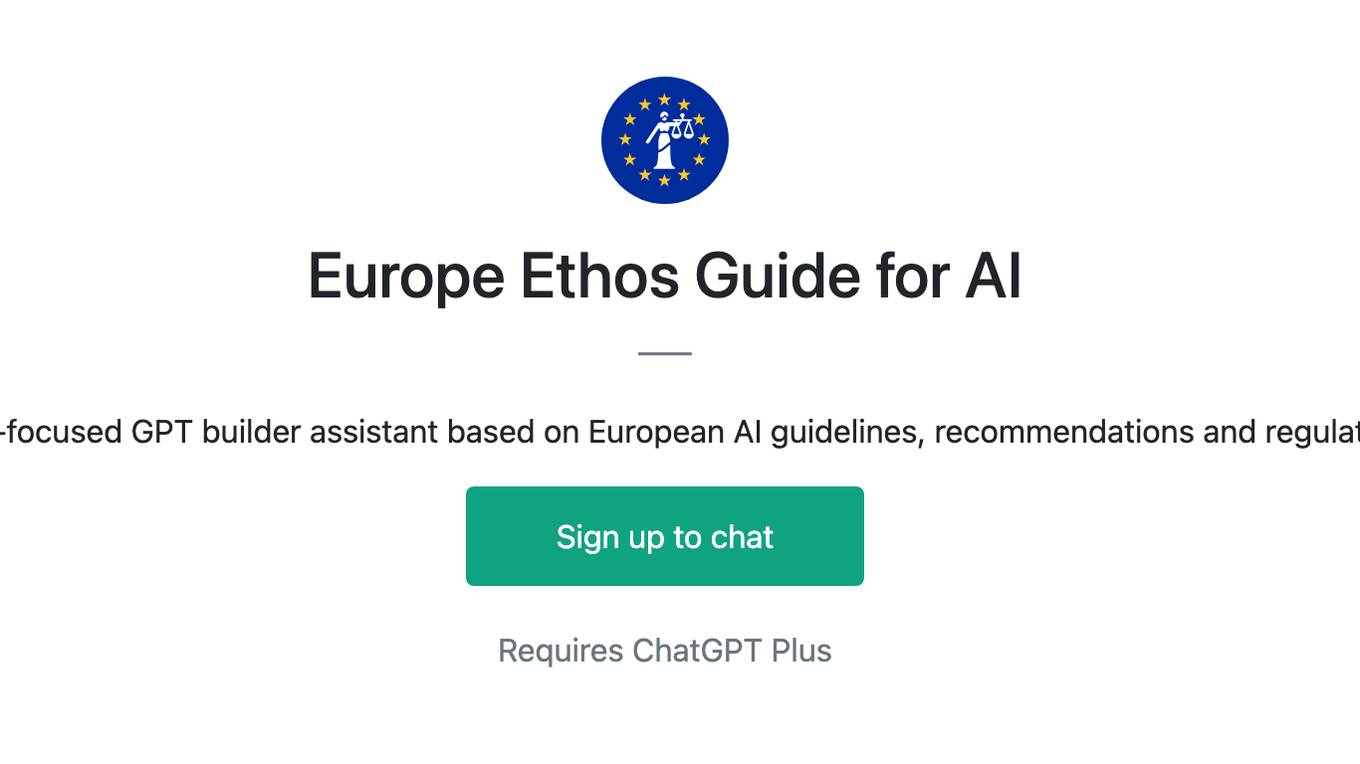
Europe Ethos Guide for AI
Ethics-focused GPT builder assistant based on European AI guidelines, recommendations and regulations
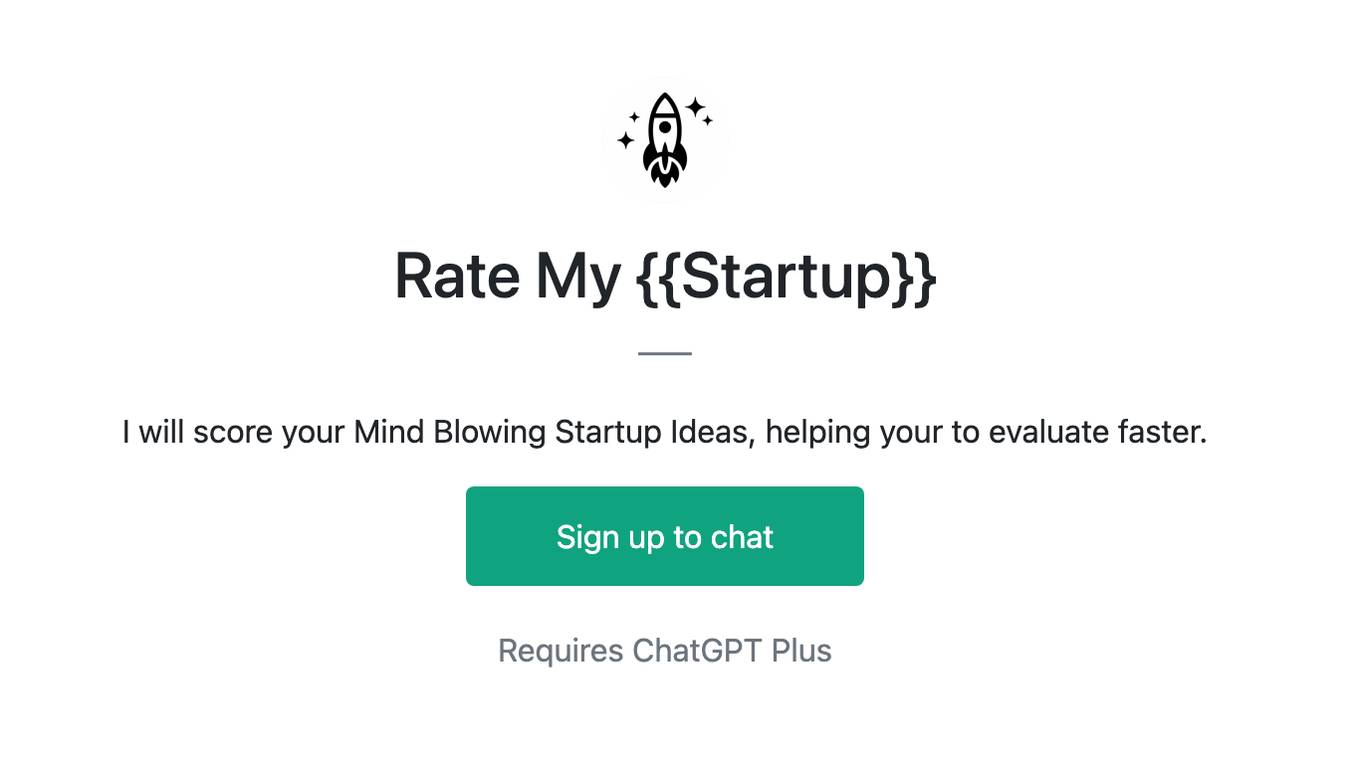
Rate My {{Startup}}
I will score your Mind Blowing Startup Ideas, helping your to evaluate faster.

